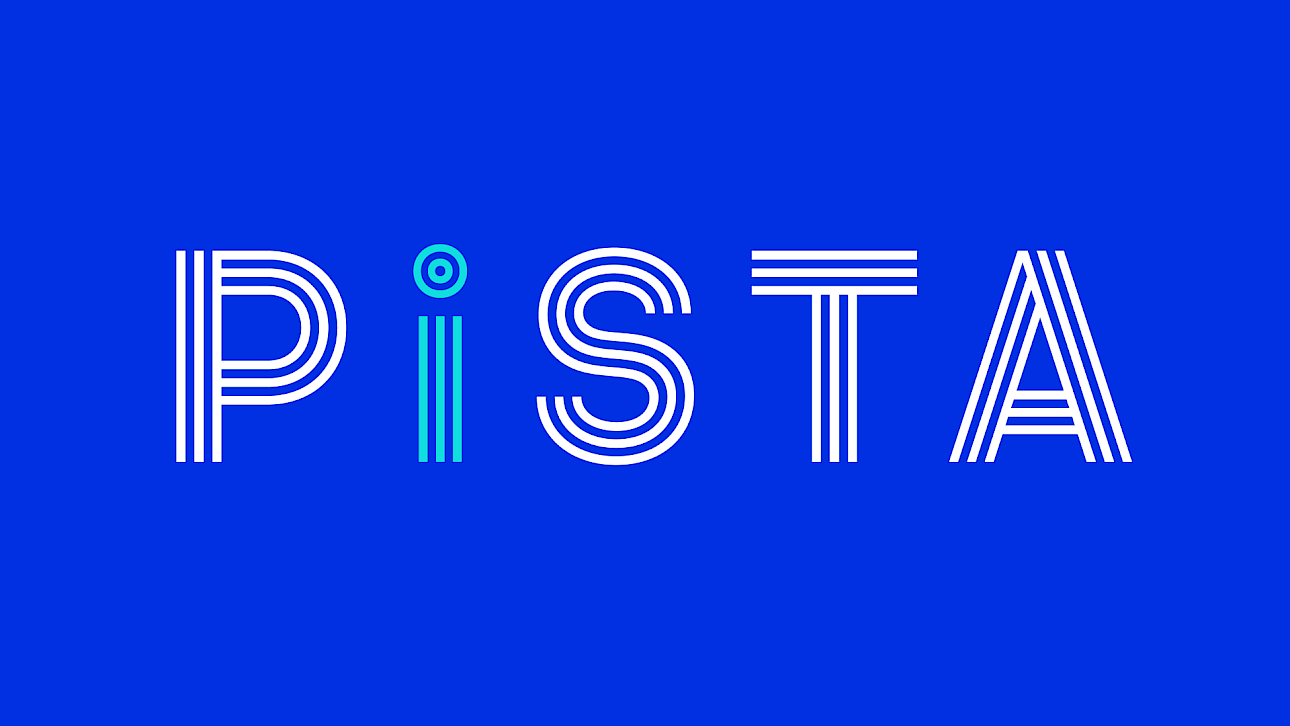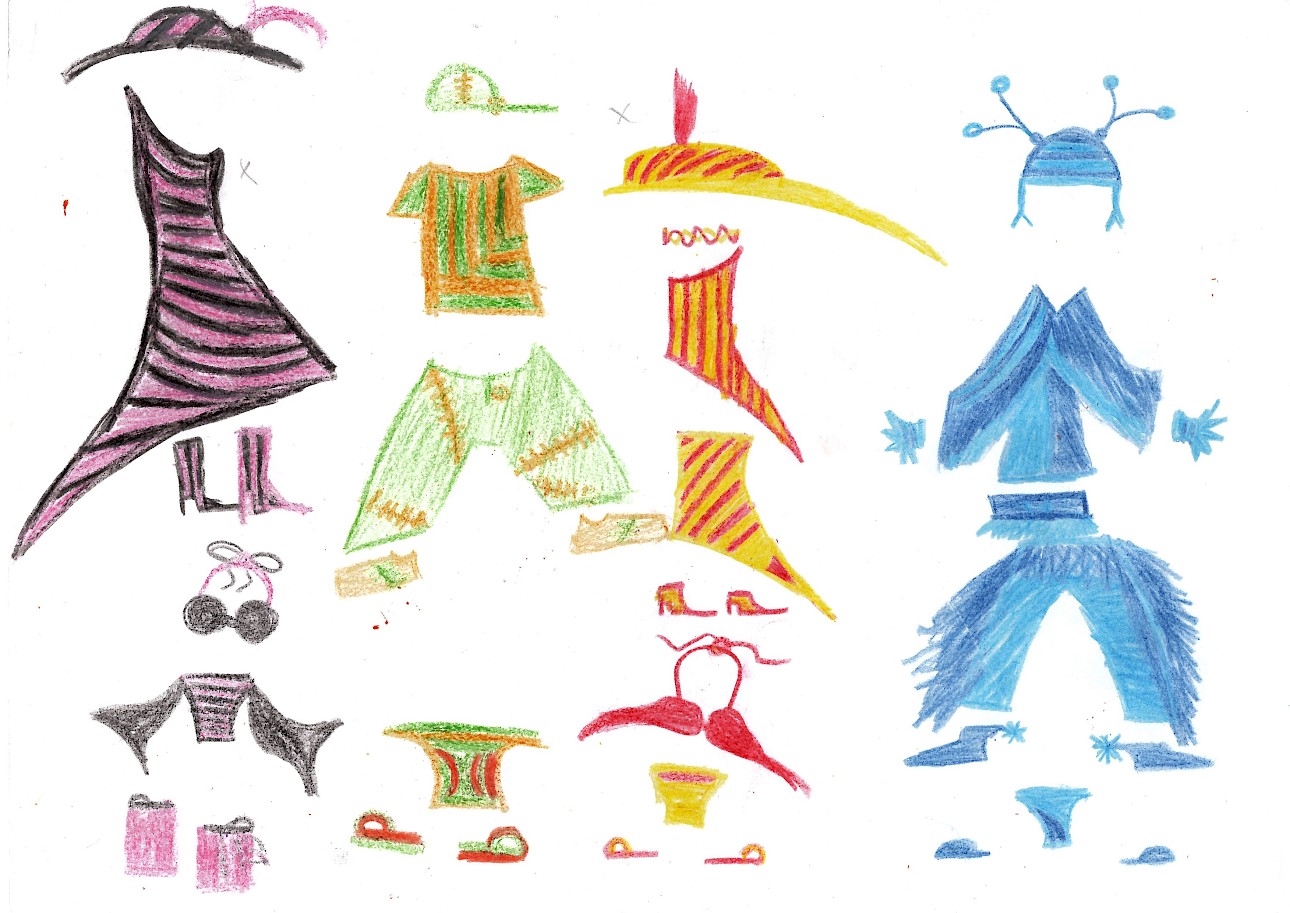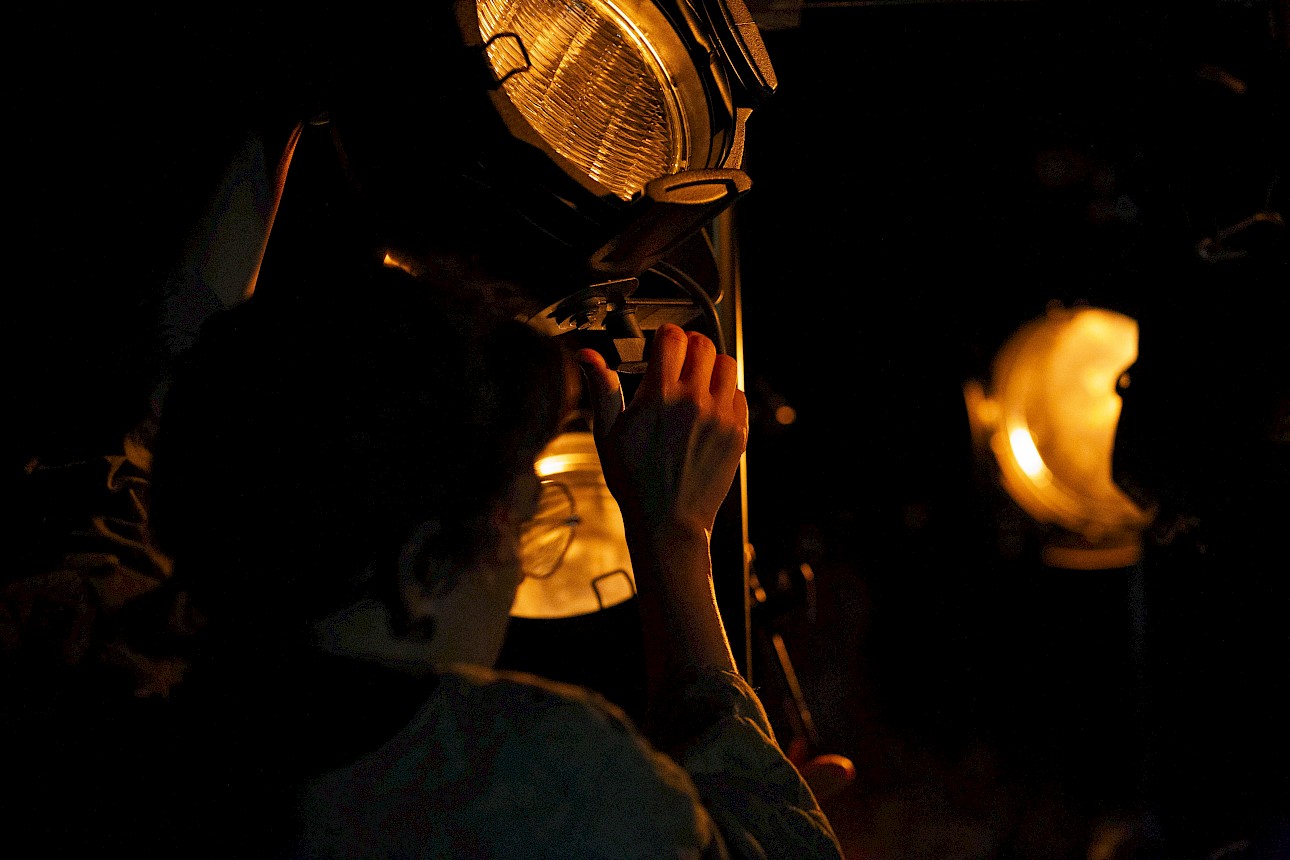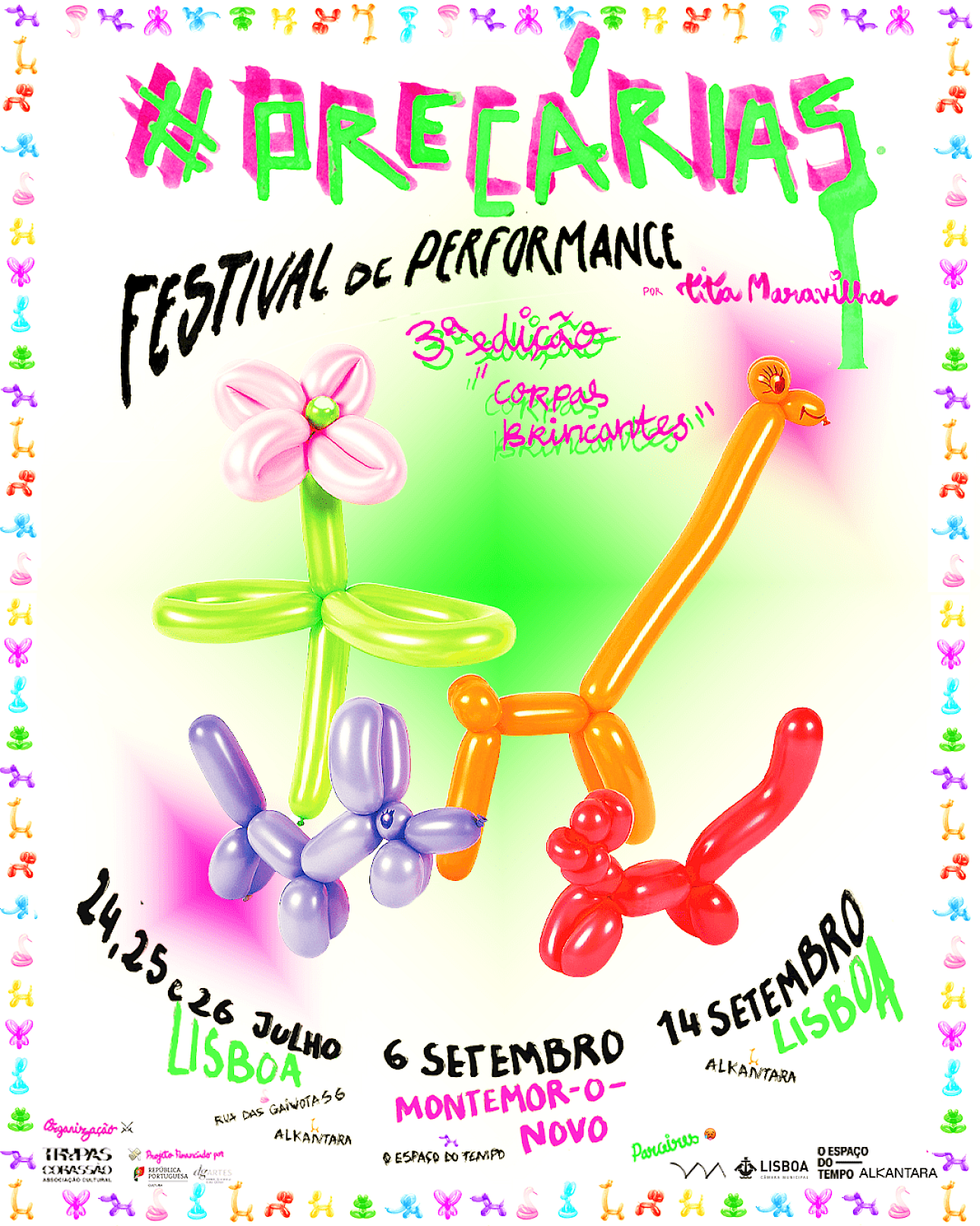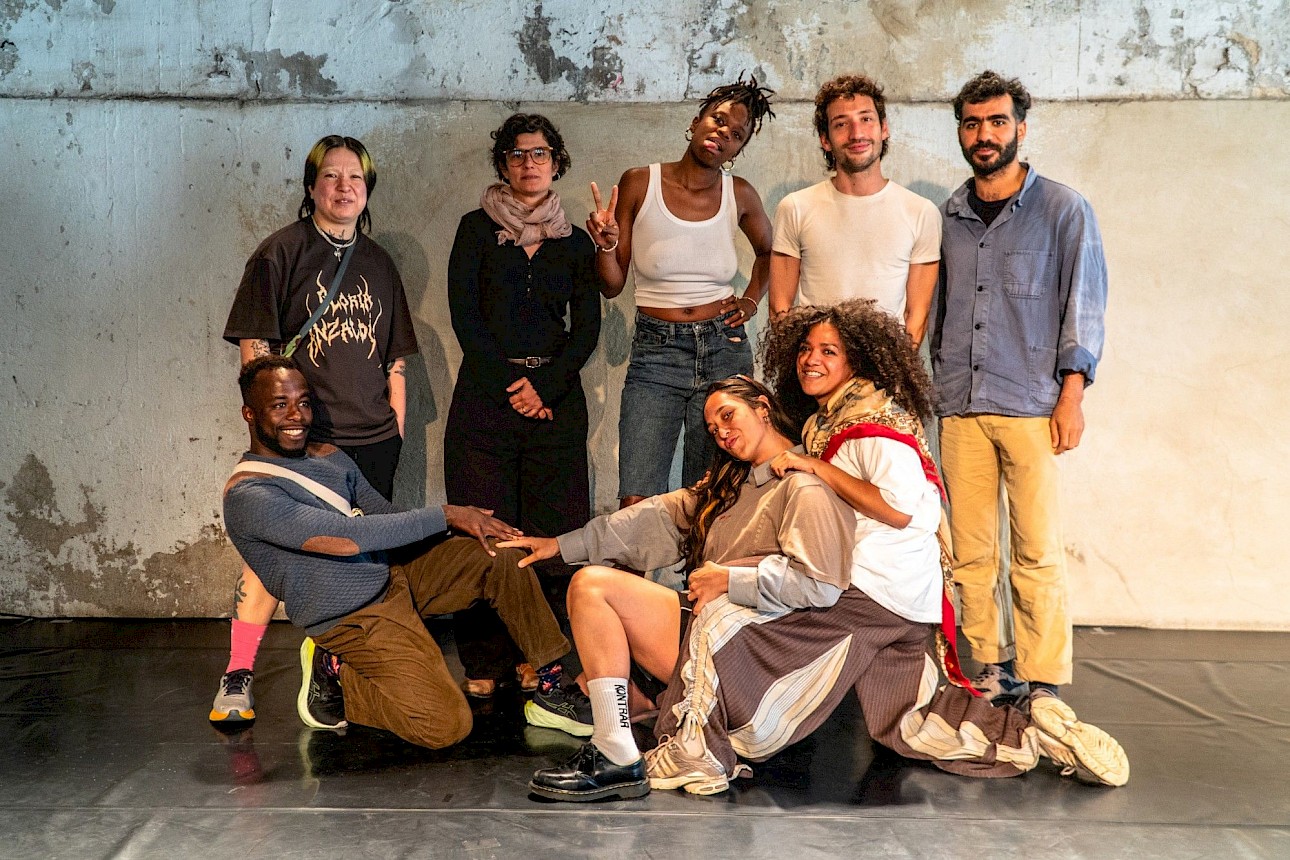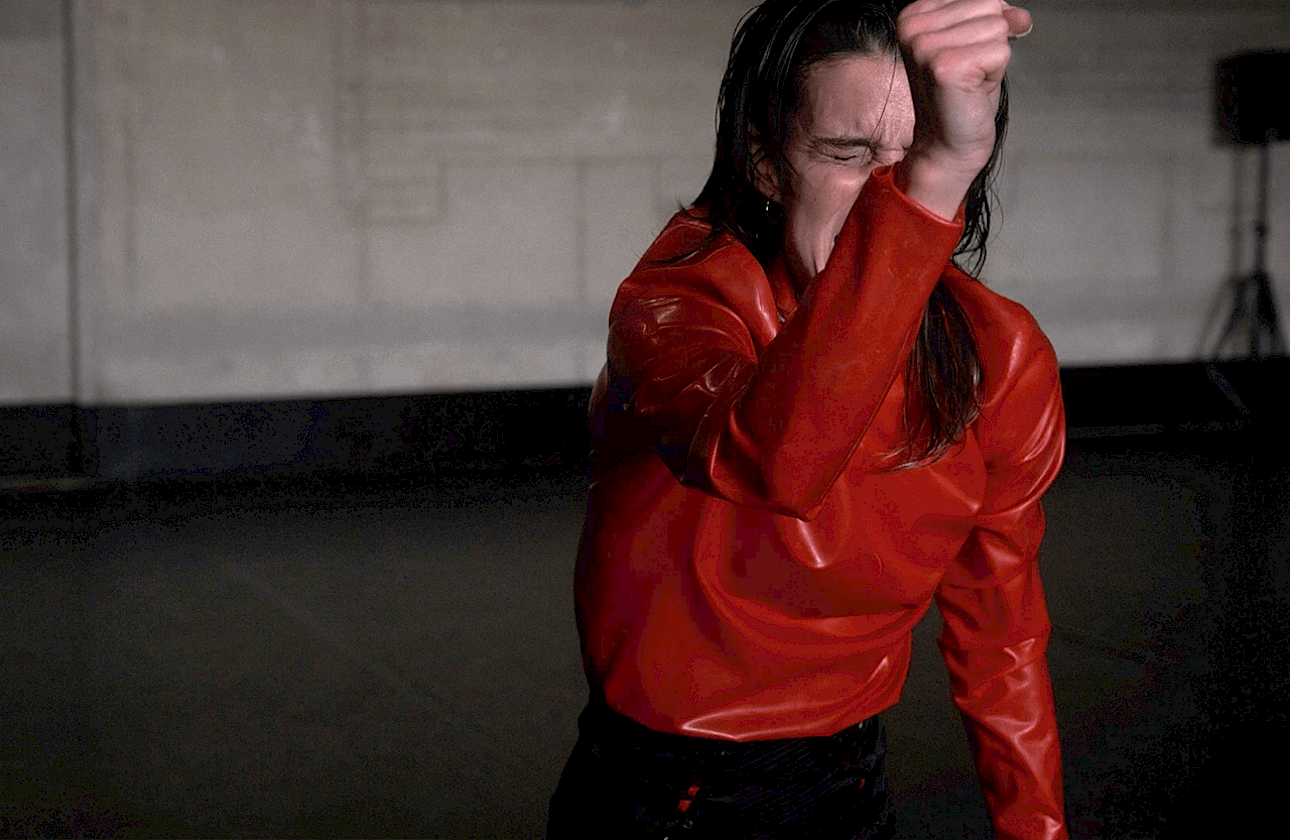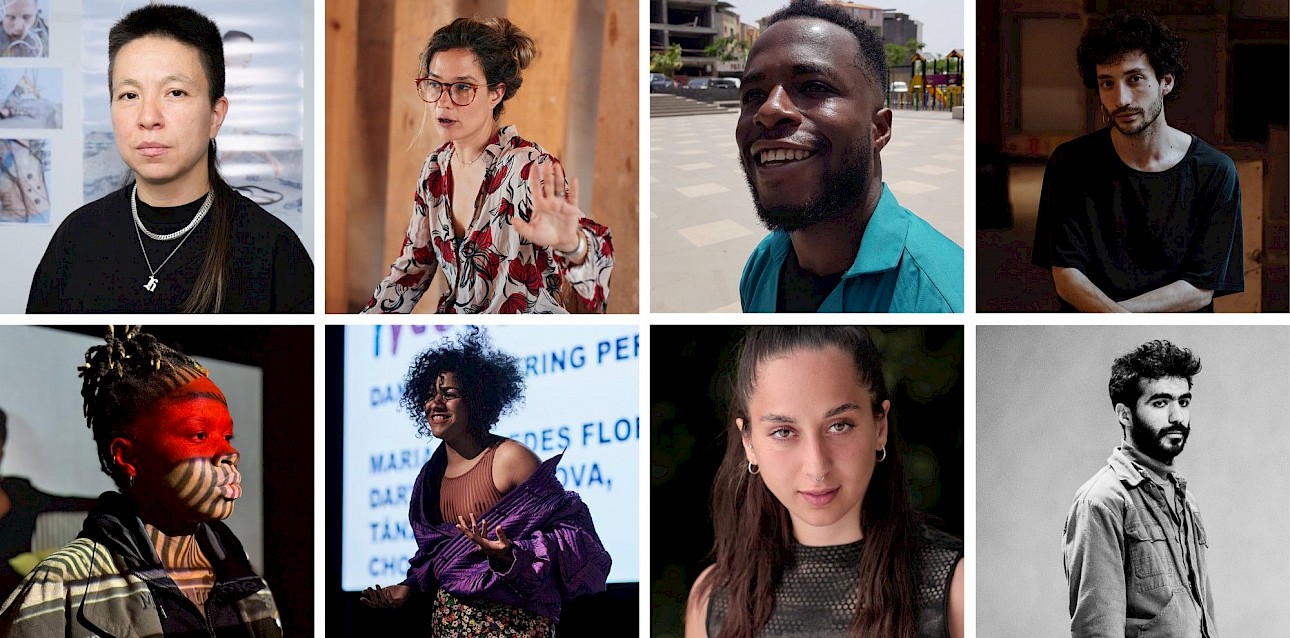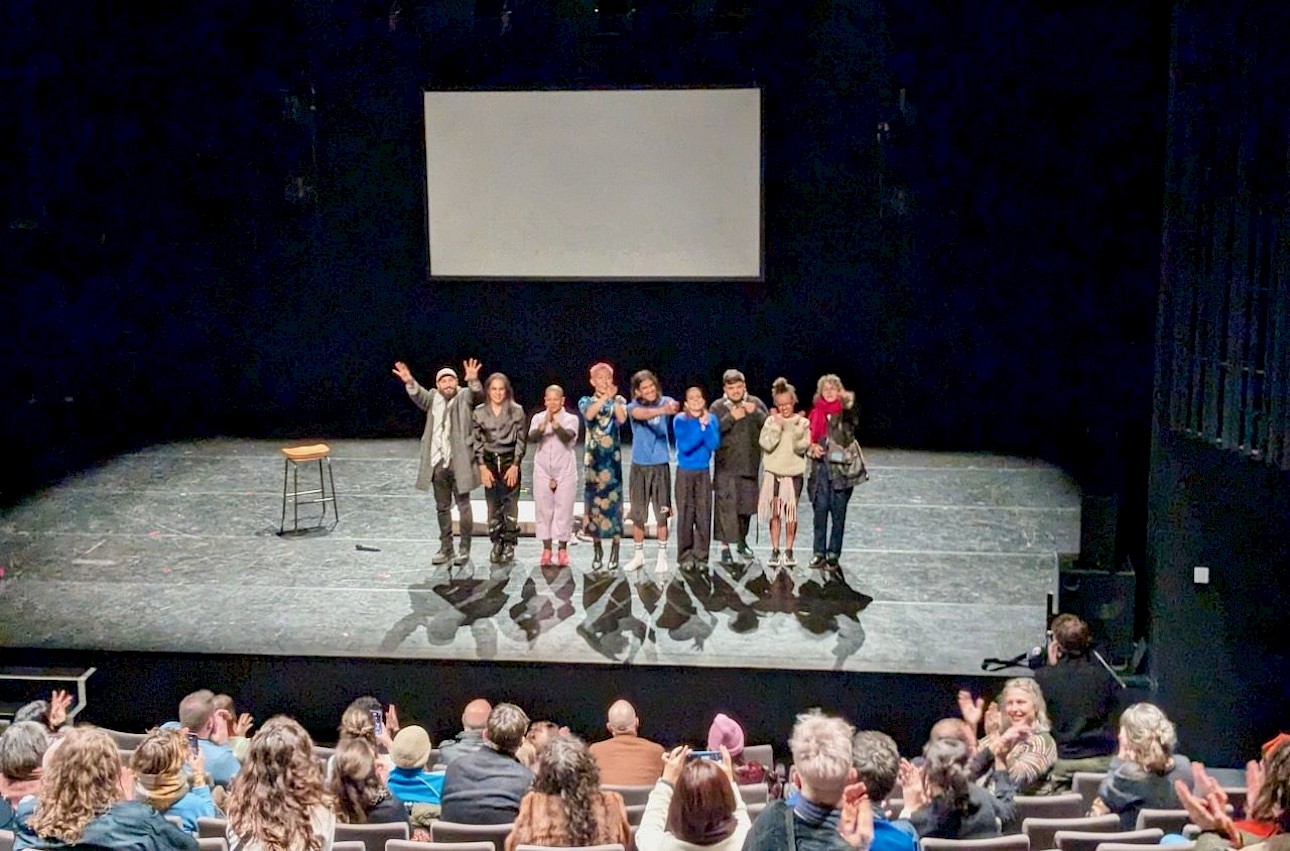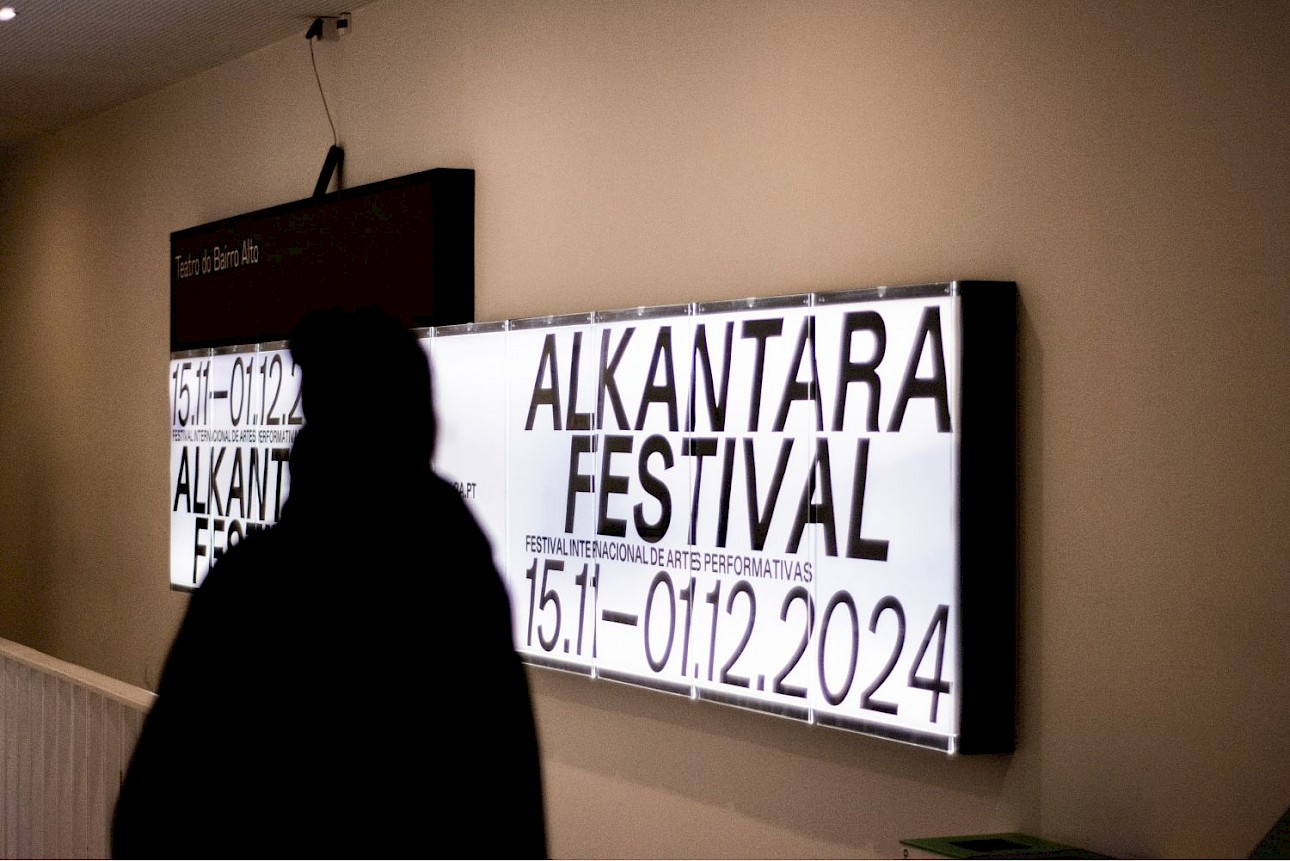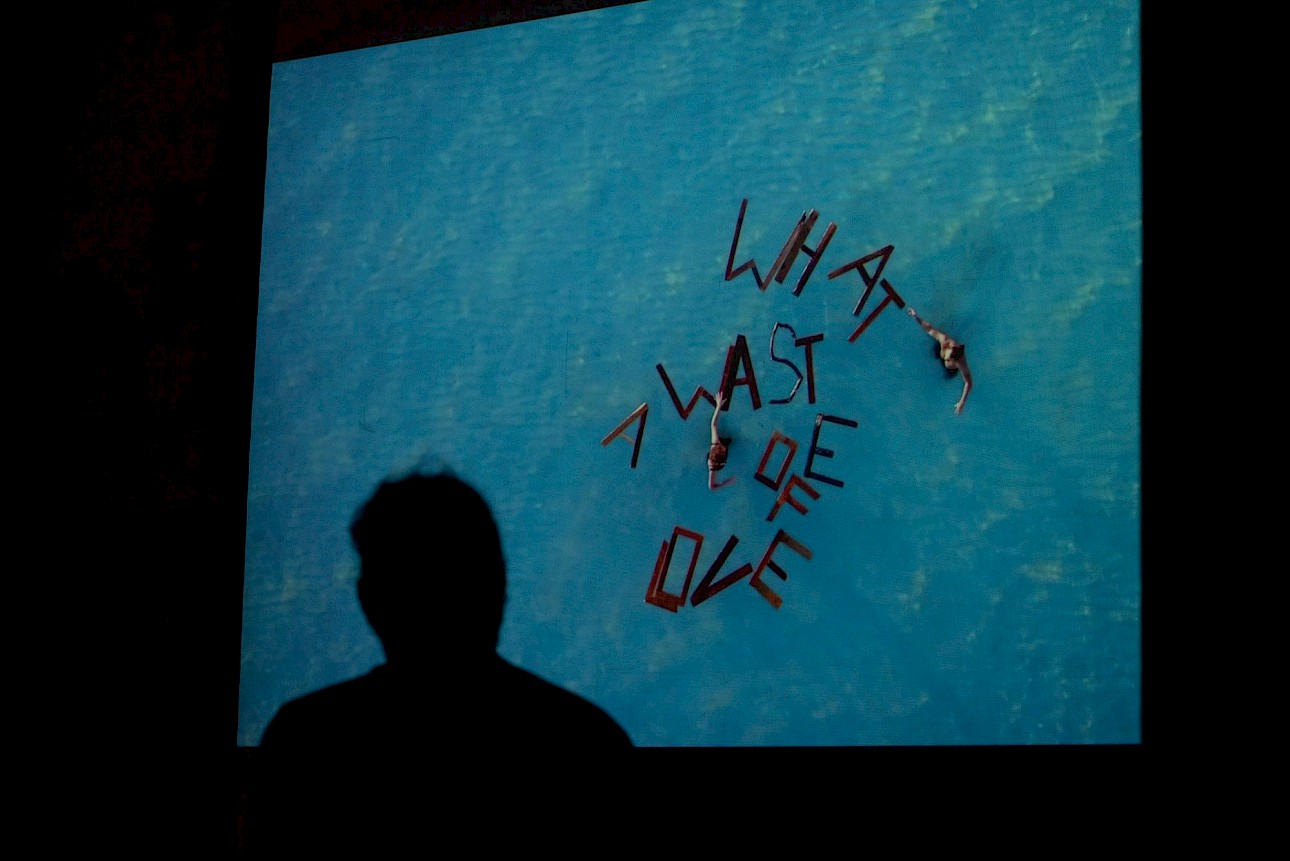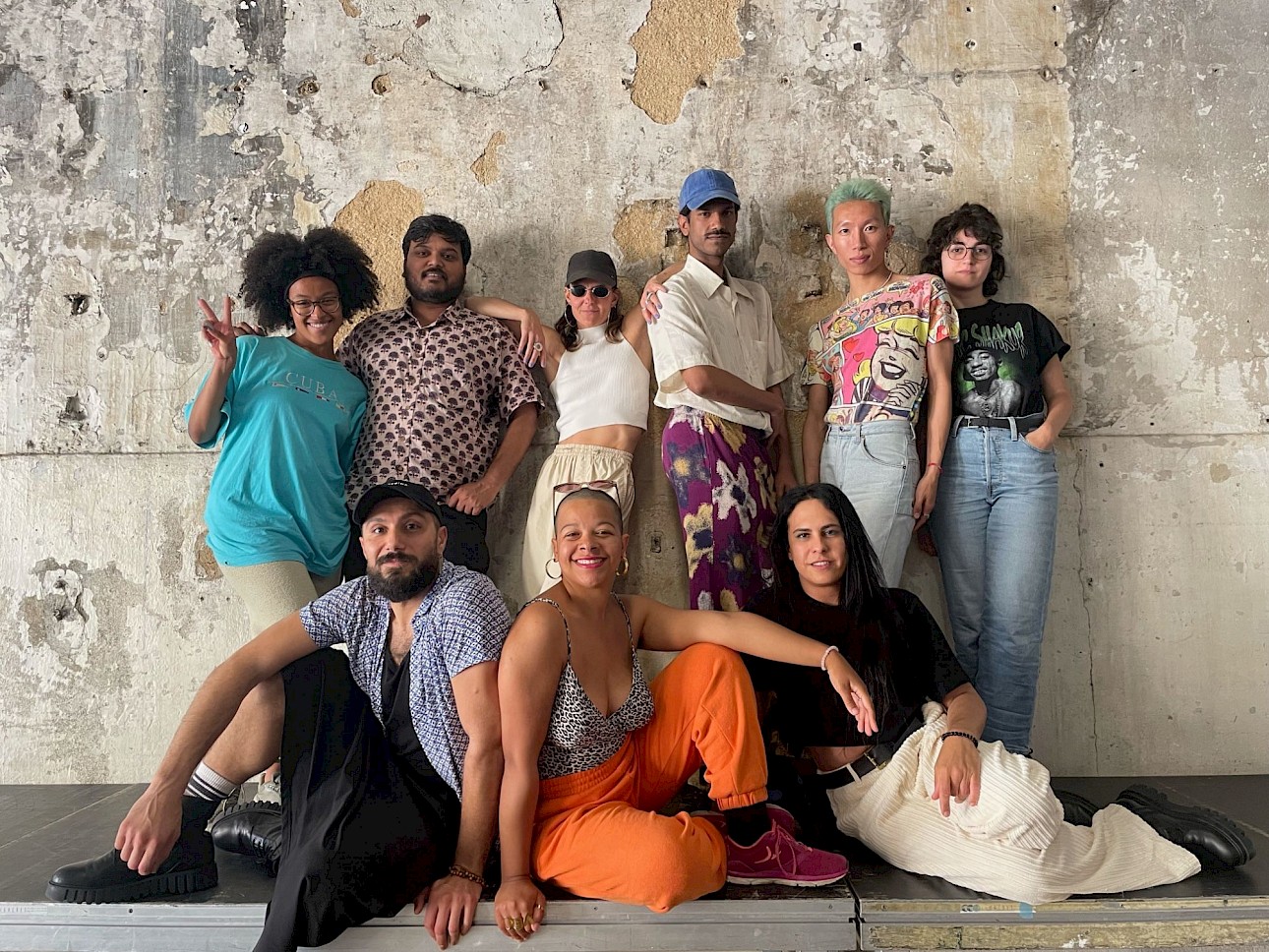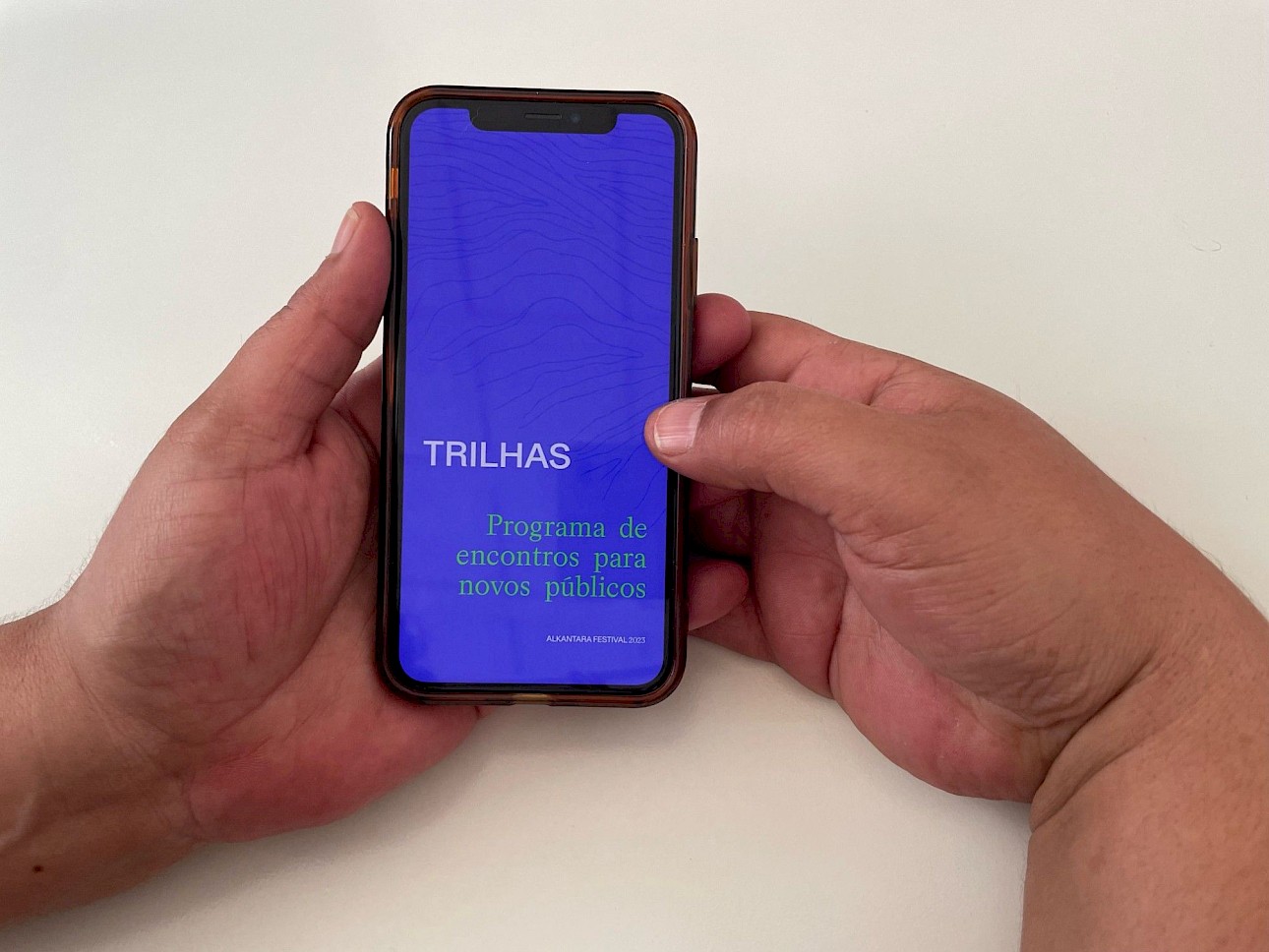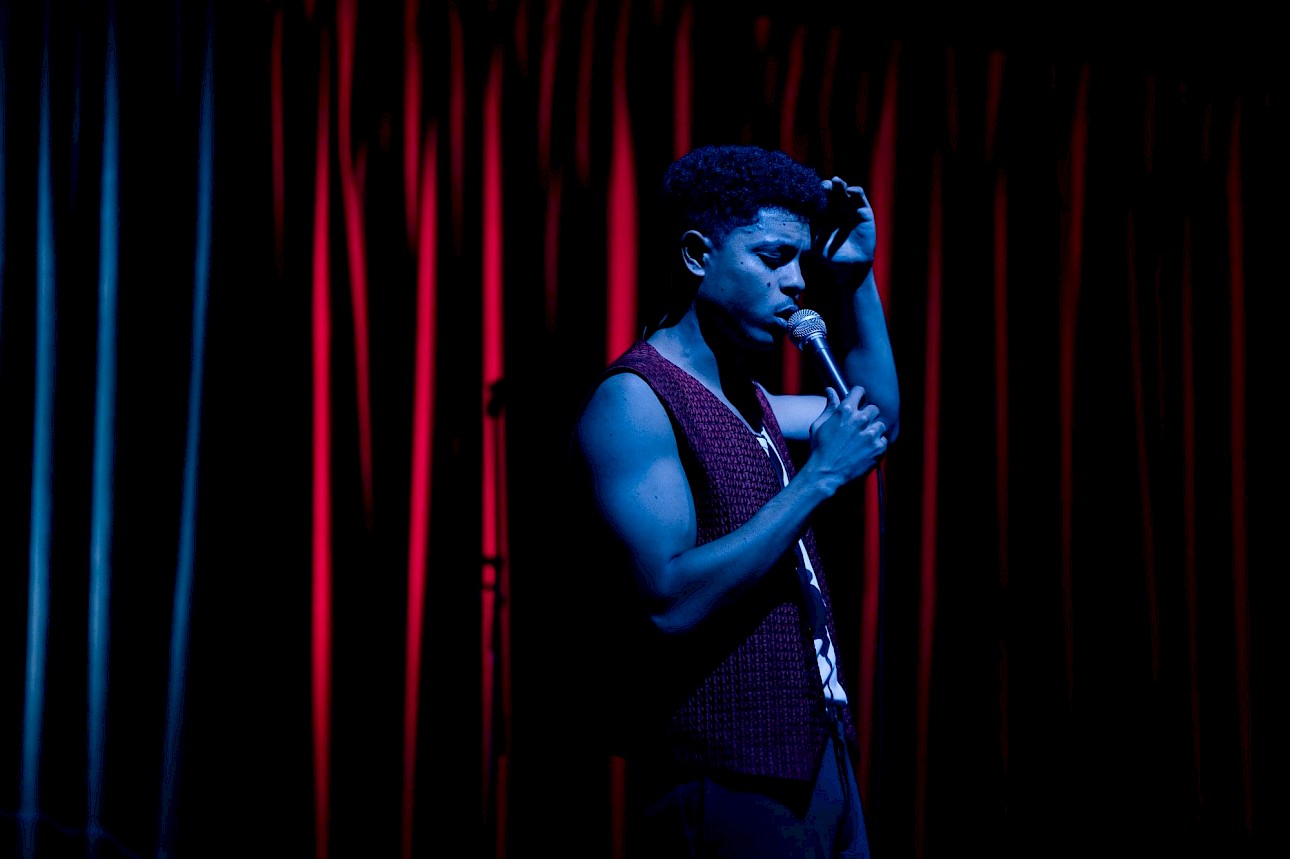- 18.12.2025
- Artists in Residence
- European Projects
- Open Studio
Open Studio: Bilal El Had at Espaço Alkantara
A Journey Through Chaabi Dance and Music
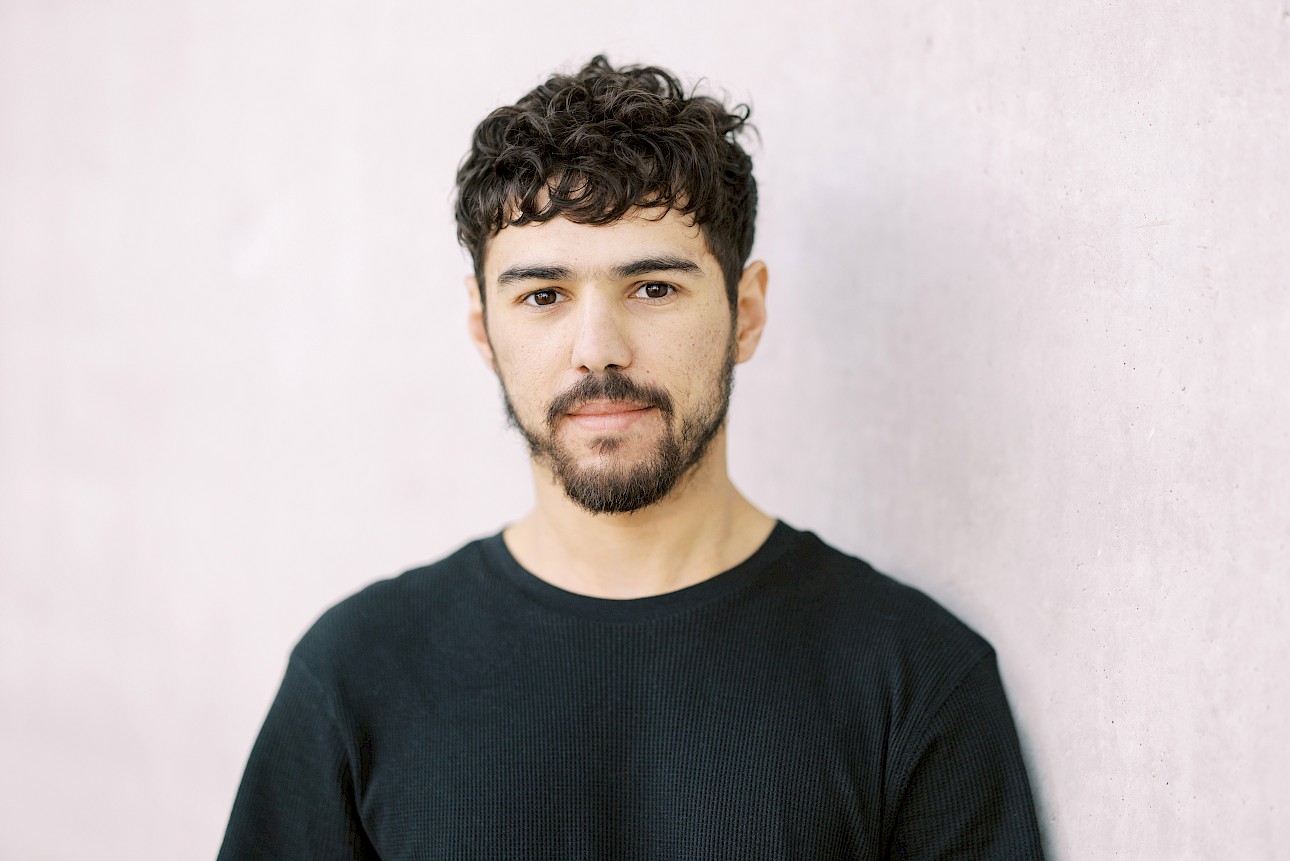
- THU 18.12.2025 7:00 PM
- Artists in Residence
- European Projects
- Open Studio
- 14.11 - 15.11.2025
- Produced by Alkantara
Premiere: Cadences créoles, dix mille fois dédoublées
Inés Sybille Vooduness
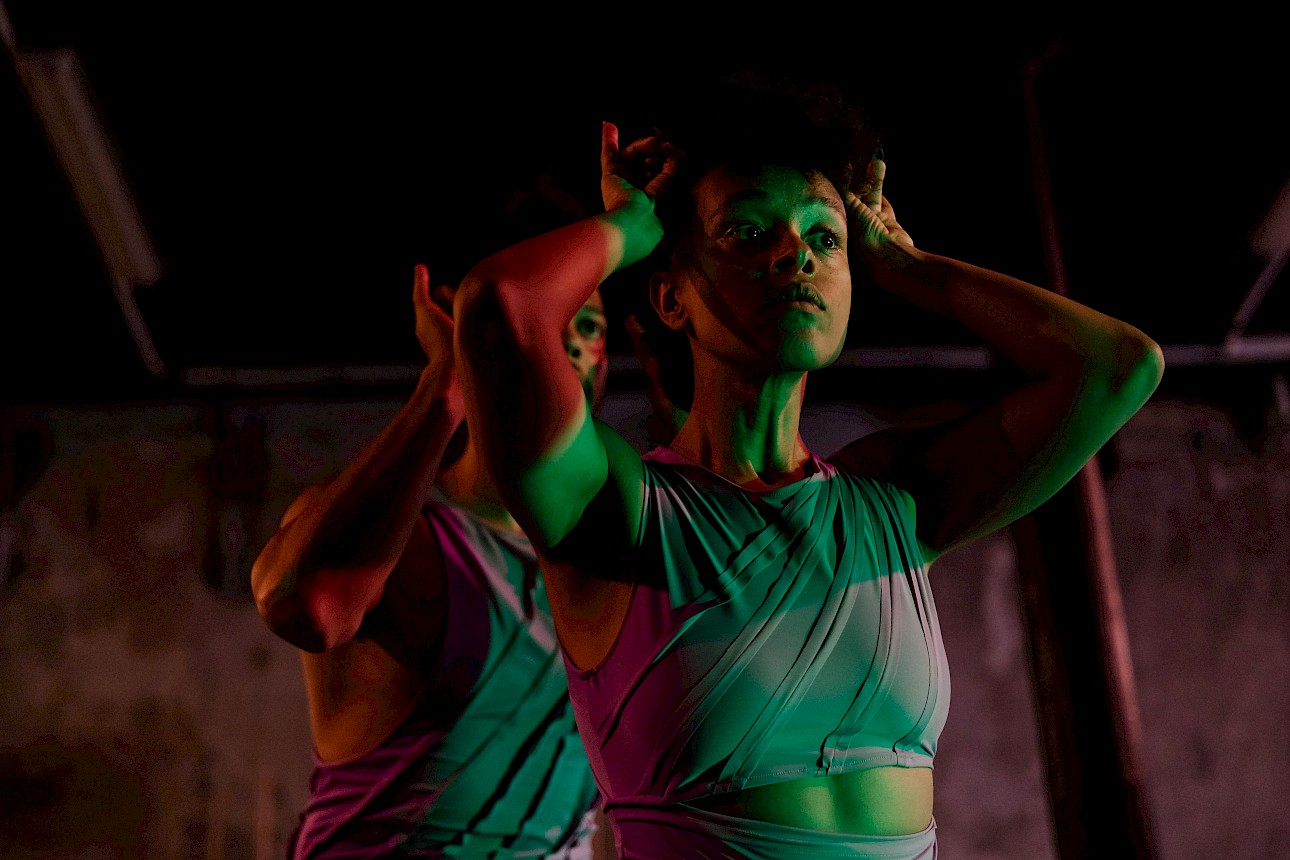
- FRI 14.11.2025 7:00 PM
- Produced by Alkantara
- 14.11 - 15.11.2025
- Produced by Alkantara
Premiere: We at the Nightclub Suffer Together
Diego Bragà
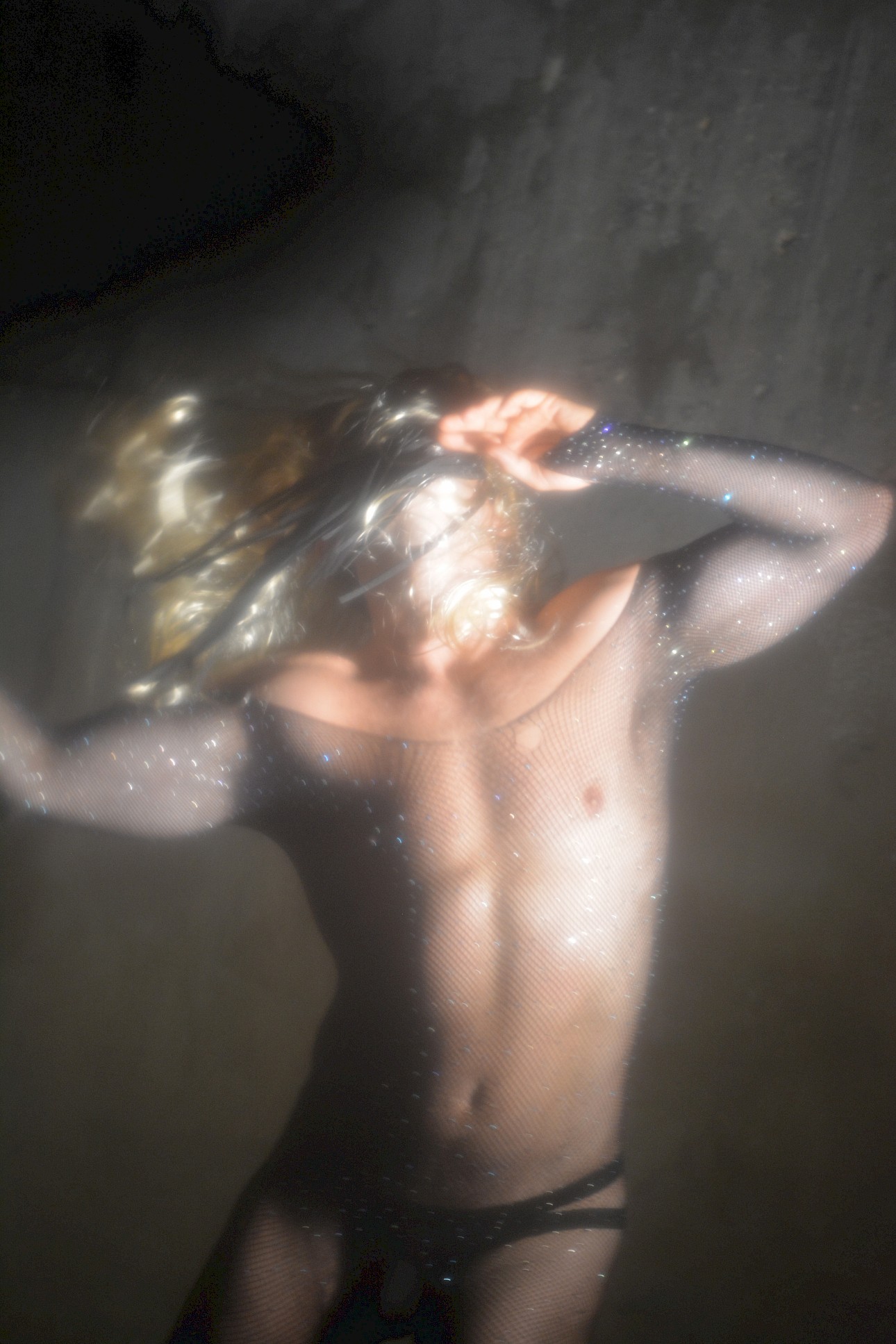
- FRI 14.11.2025 9:30 PM
- Produced by Alkantara
- 22.10.2025
- Open Studio
Alkantara Festival 2025: Full programme launch
& Denilson Baniwa exhibition opening
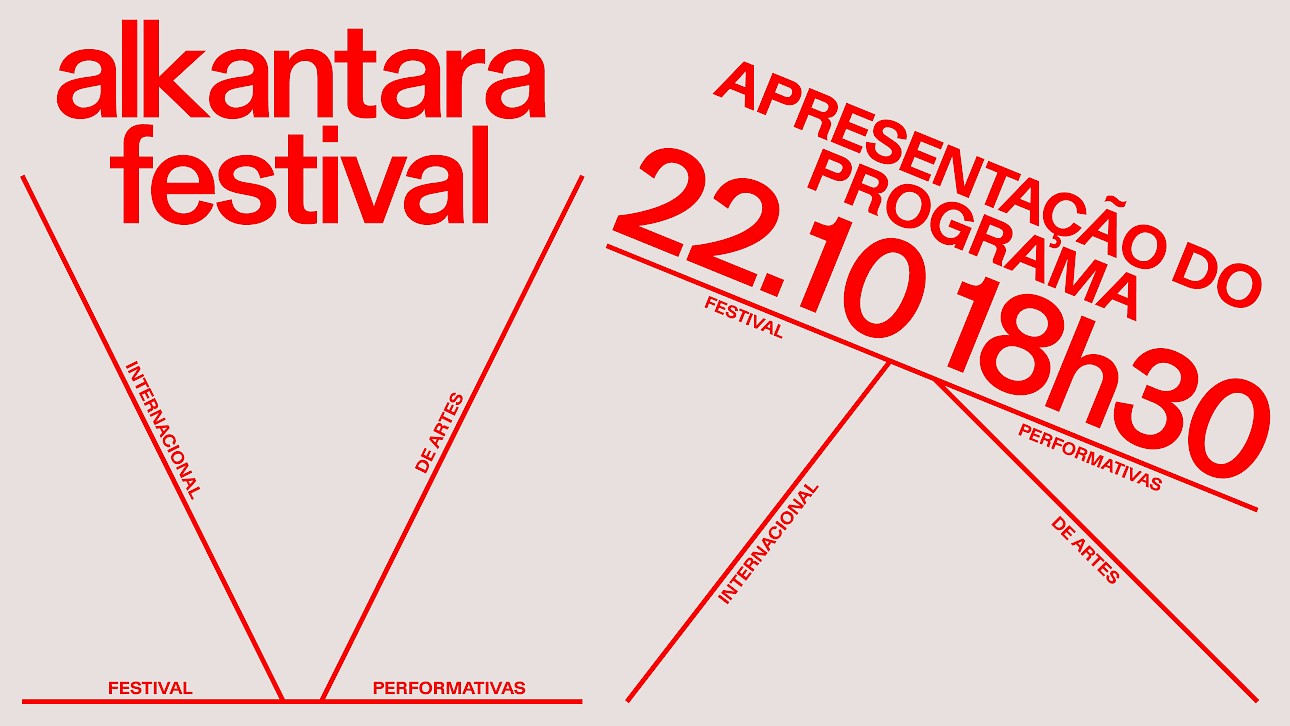
- WED 22.10.2025 6:30 PM
- Open Studio
- 13.10 - 17.10.2025
- Artists in Residence
Raia in residency at Espaço Alkantara
Rede de Acolhimento à Investigação Artística
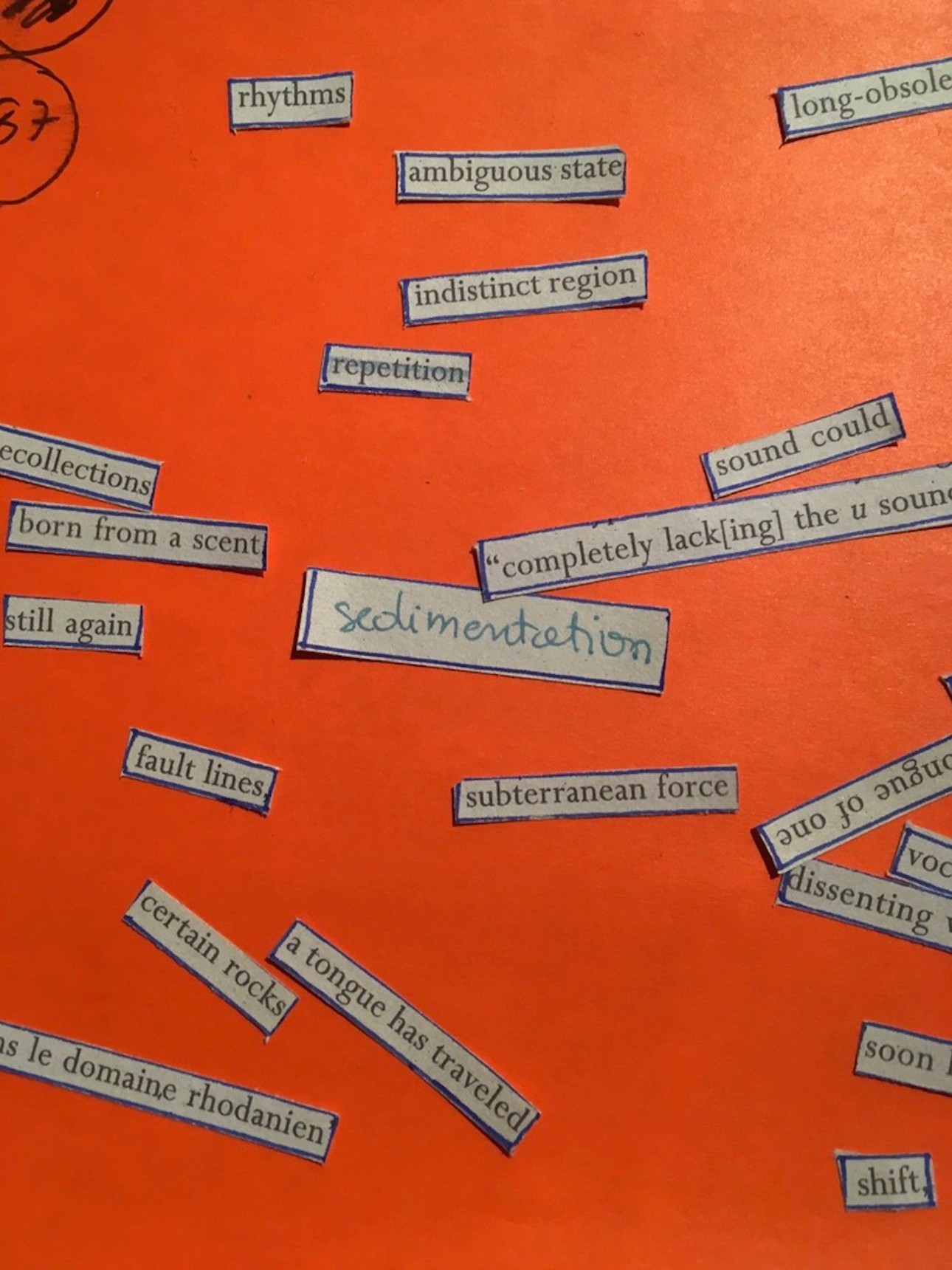
- Artists in Residence
- 22.09 - 28.09.2025
- Artists in Residence
Paula Caspão in residency at Espaço Alkantara
Mouths Full
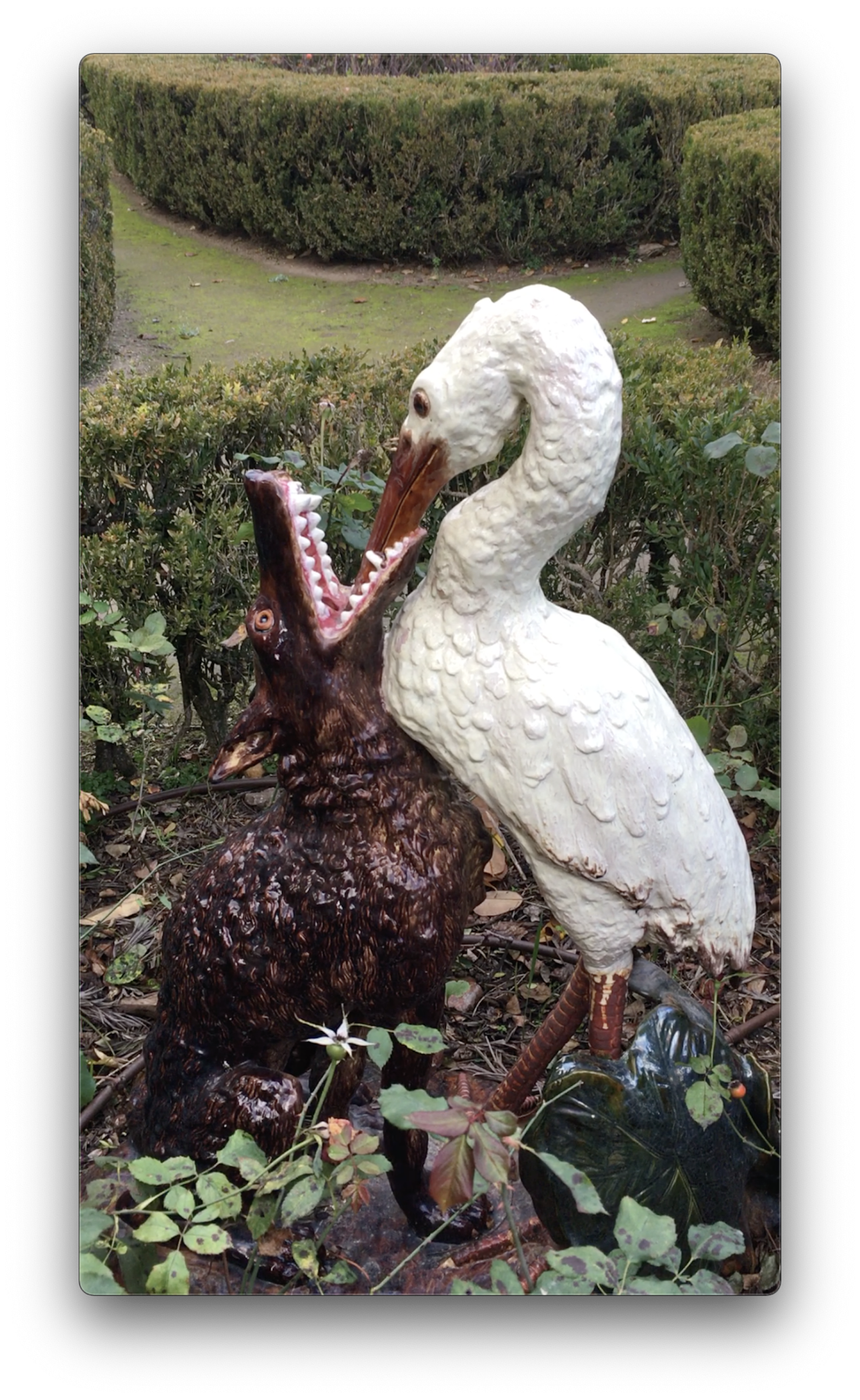
- Artists in Residence
- Produced by Alkantara
We at the Nightclub Suffer Together by Diego Bragà
Produced by Alkantara
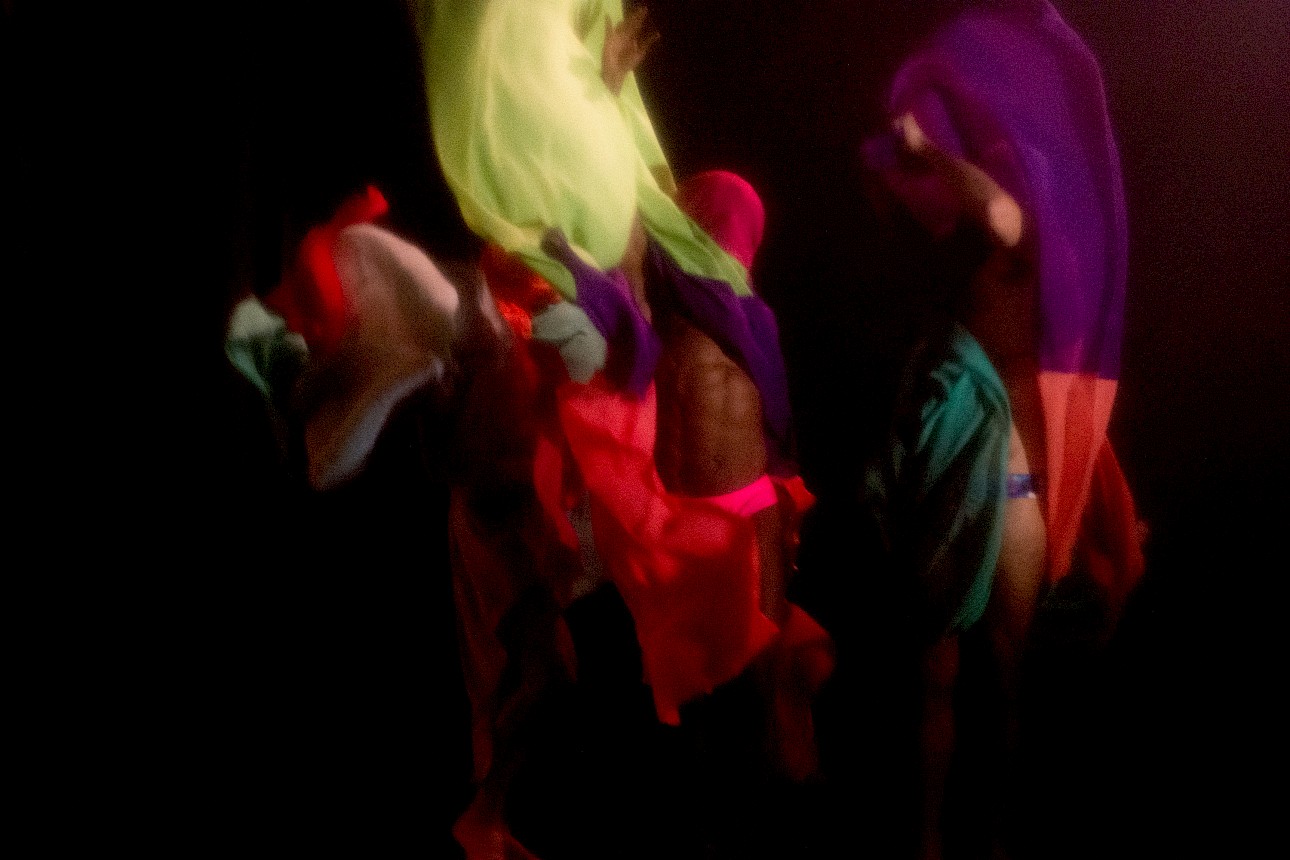
- Produced by Alkantara
- Produced by Alkantara
Cadences créoles, dix mille fois dédoublées by Inés Sybille Vooduness
Produced by Alkantara
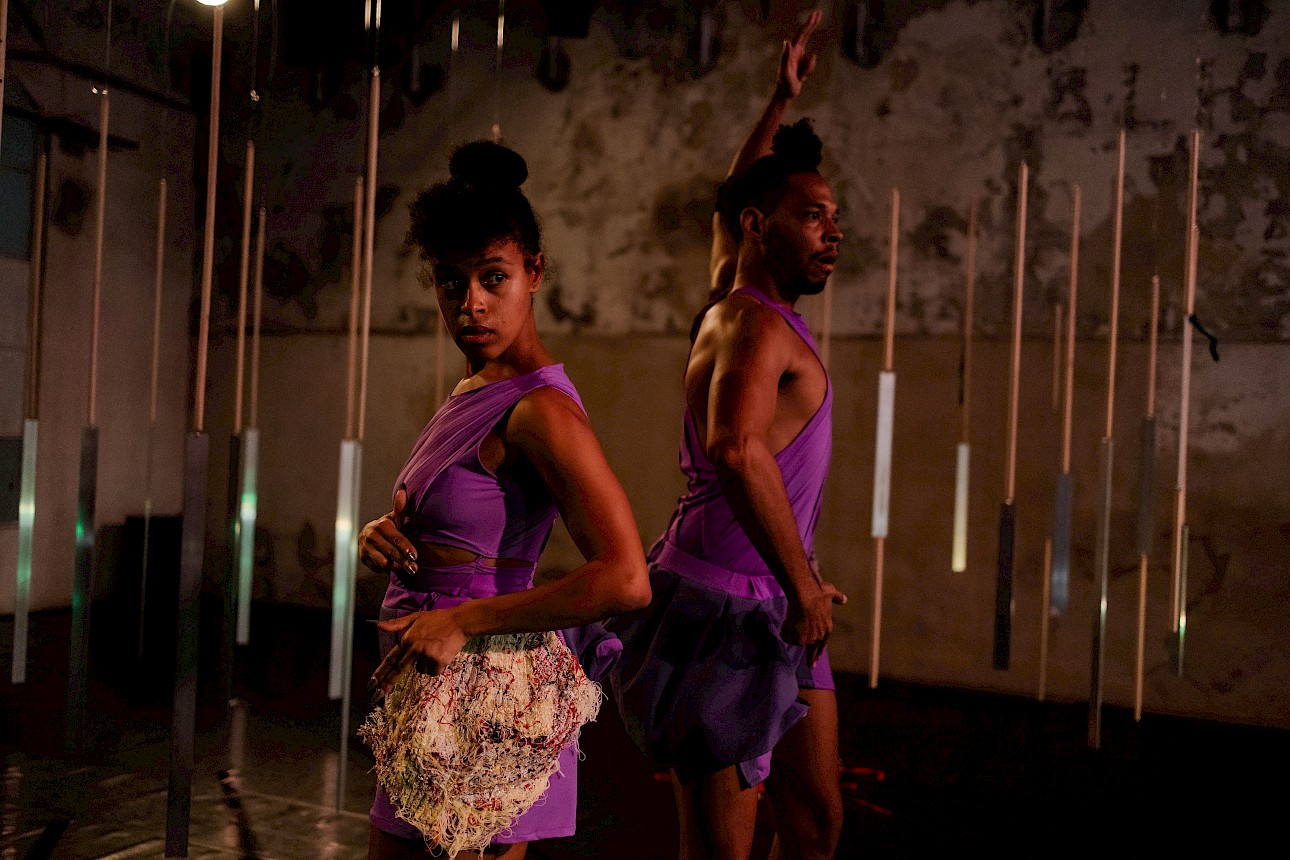
- Produced by Alkantara
- Produced by Alkantara
CANTAR by Francisco Thiago Cavalcanti & um cavalo disse mamãe
Produced by Alkantara
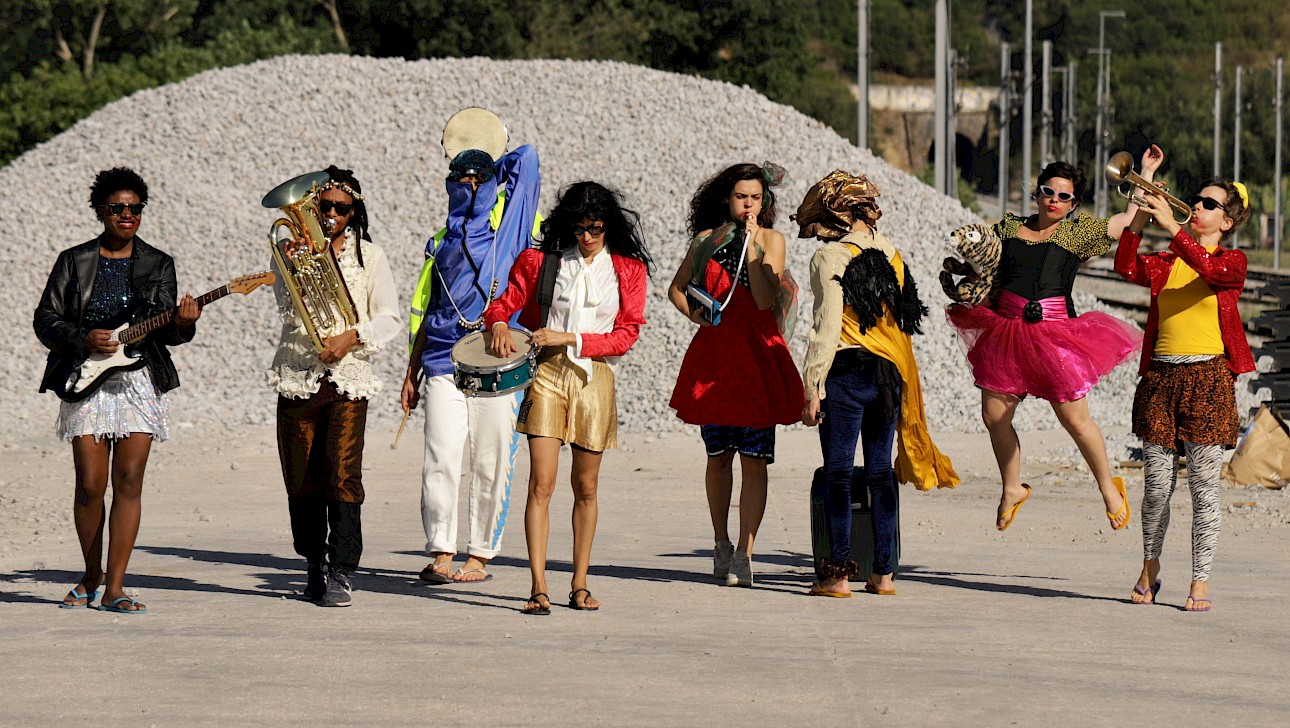
- Produced by Alkantara
- 05.09.2025
- Artists in Residence
- Open Studio
Book launch: Celestial Bodies: Dialogues in space
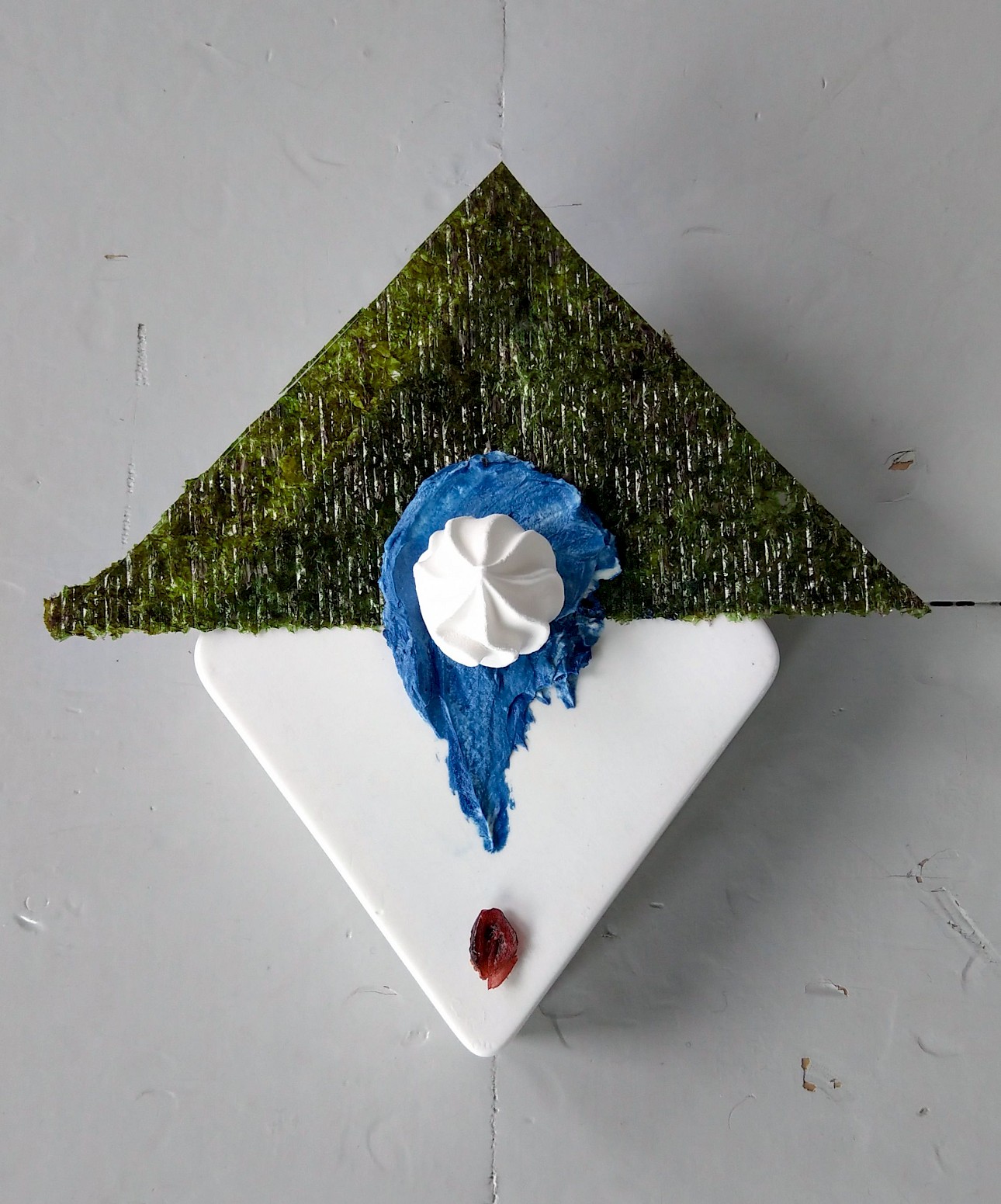
- Artists in Residence
- Open Studio
- 25.08.2025
- Produced by Alkantara
- Artists in Residence
Open Studio: Inés Sybille Vooduness at Espaço Alkantara
Cadences créoles, dix mille fois dédoublées
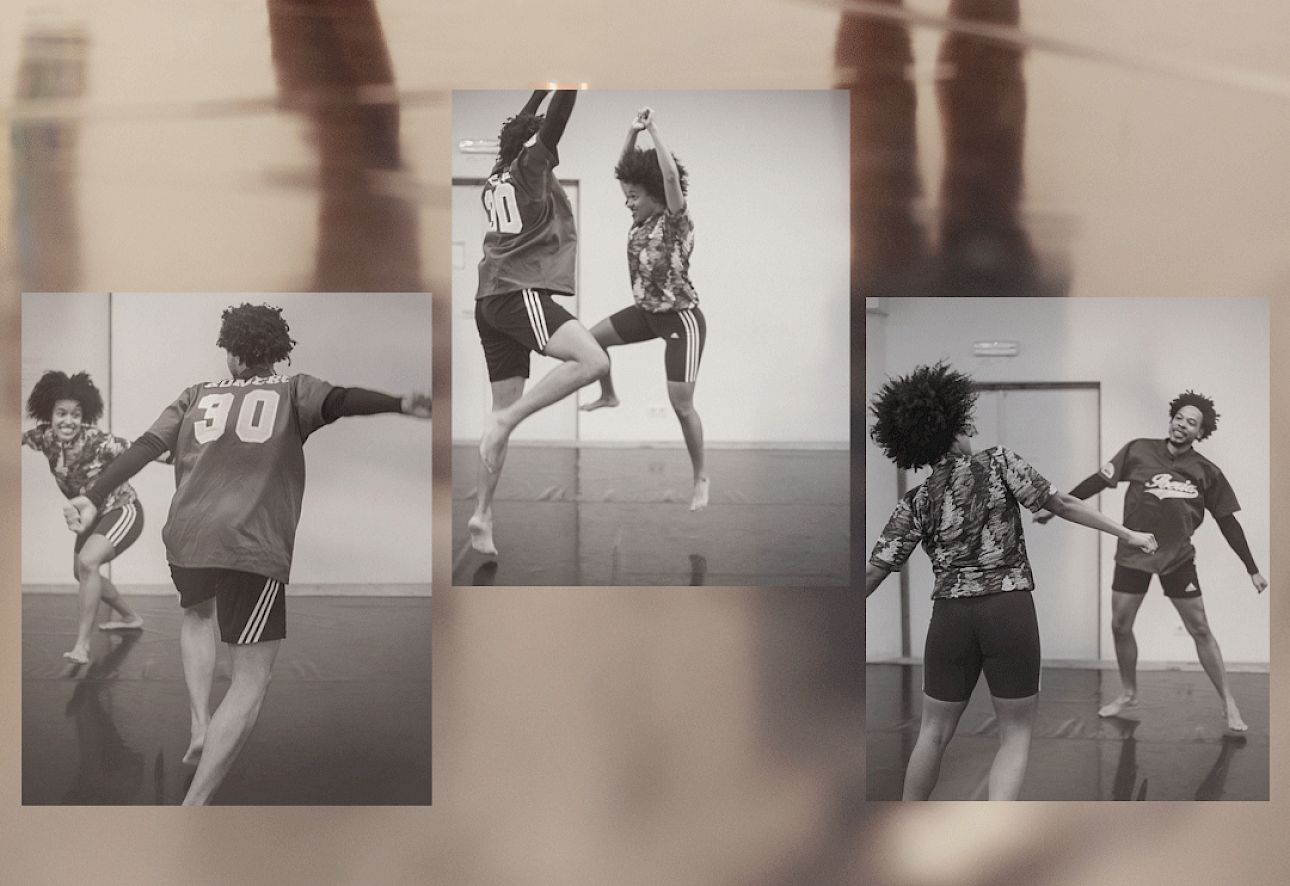
- MON 25.08.2025 7:00 PM
- Produced by Alkantara
- Artists in Residence
- 14.08.2025
- Produced by Alkantara
- Open Studio
Open Studio: Francisco Thiago Cavalcanti at O Espaço do Tempo
CANTAR
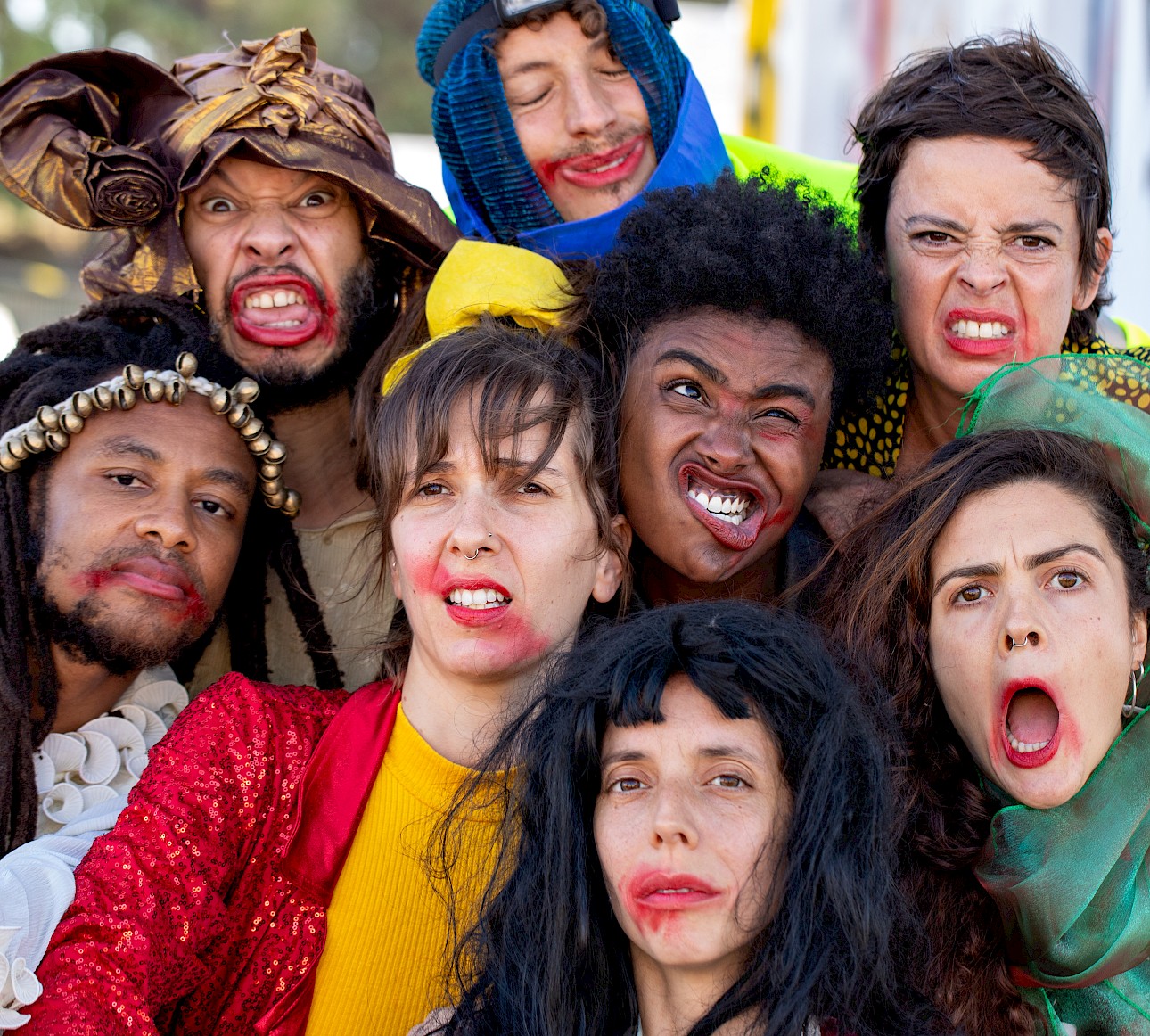
- THU 14.08.2025 7:30 PM
- Produced by Alkantara
- Open Studio
- 30.06 - 13.07.2025
- Artists in Residence
Terra Batida in residency at Espaço Alkantara
Exercício de Montagem
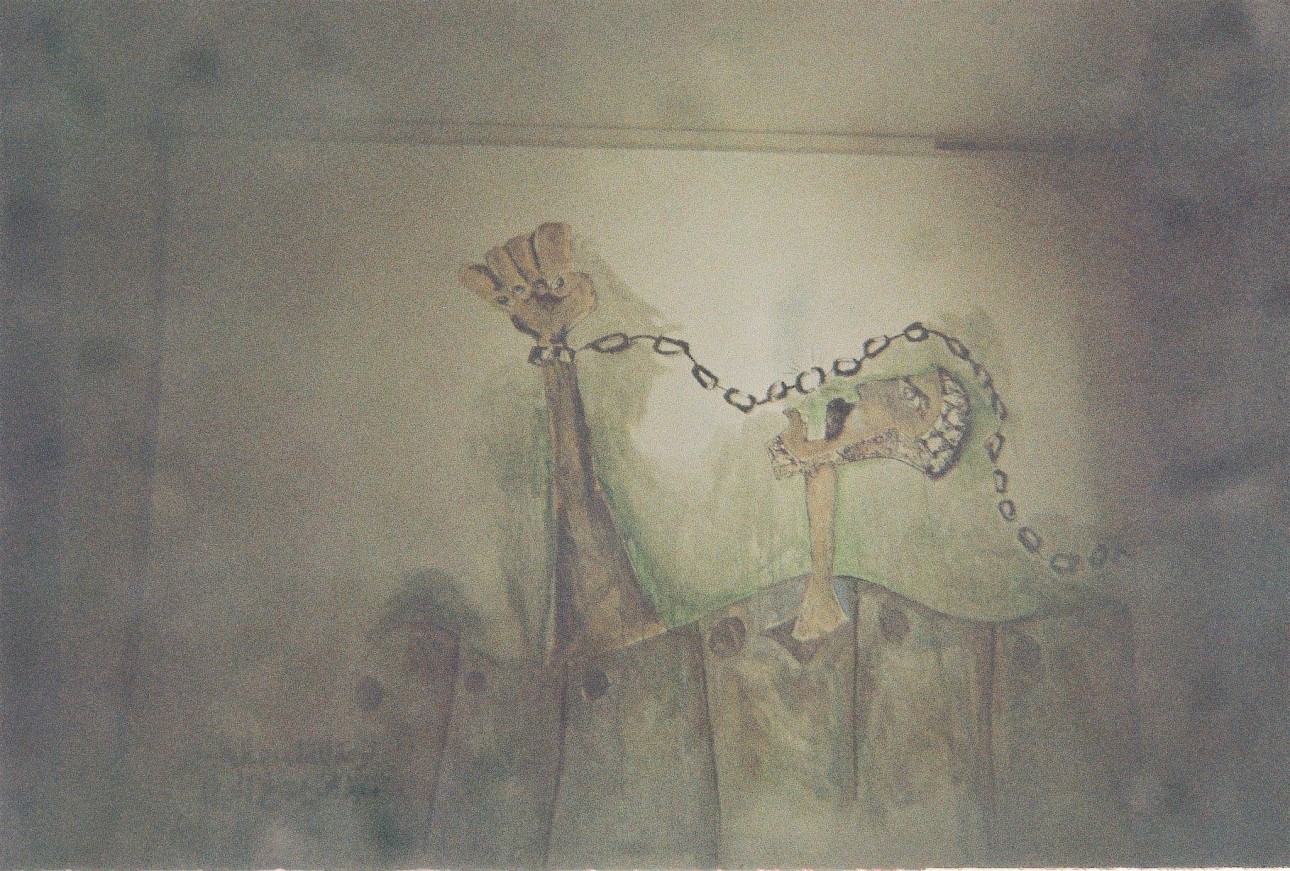
- Artists in Residence
- 01.07.2025
- Workshops
Taking a Stand: Dissemination and Co-operation in the Performing Arts
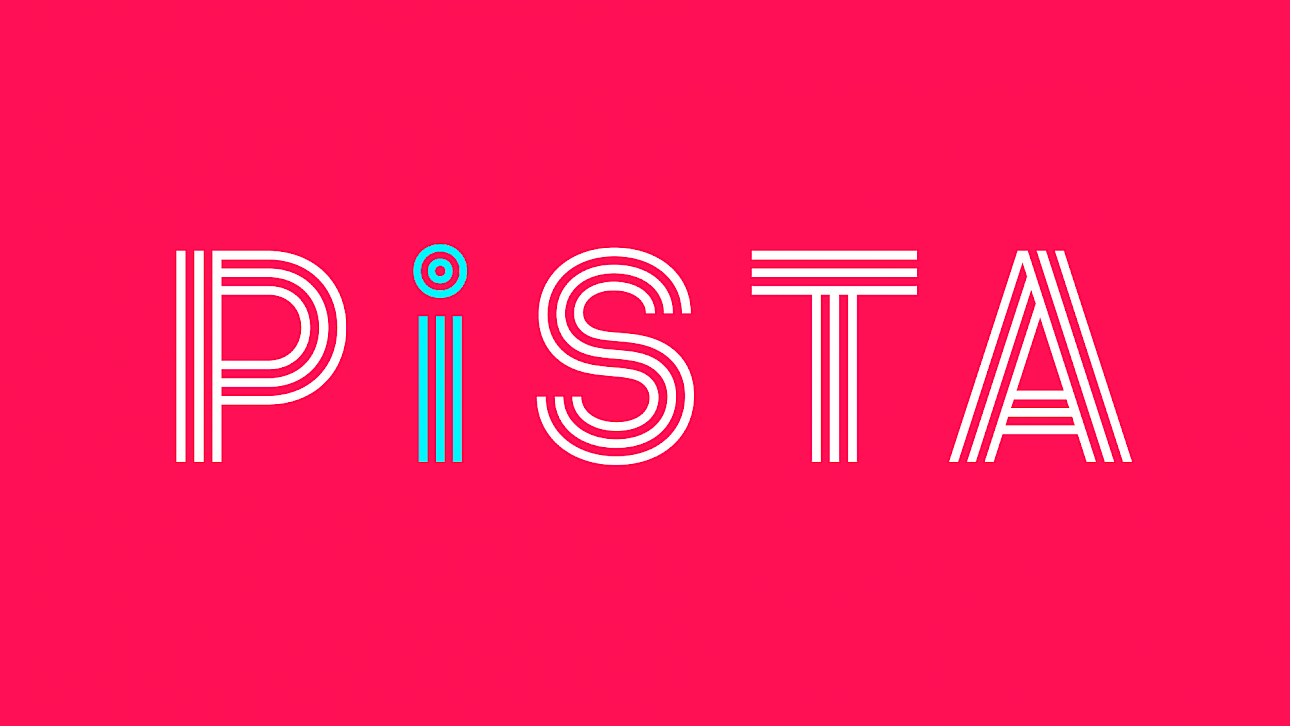
- TUE 01.07.2025 10:00 AM
- Workshops
- 26.06.2025
- Produced by Alkantara
- Open Studio
Open Studio: Francisco Thiago Cavalcanti at Espaço Alkantara
CANTAR
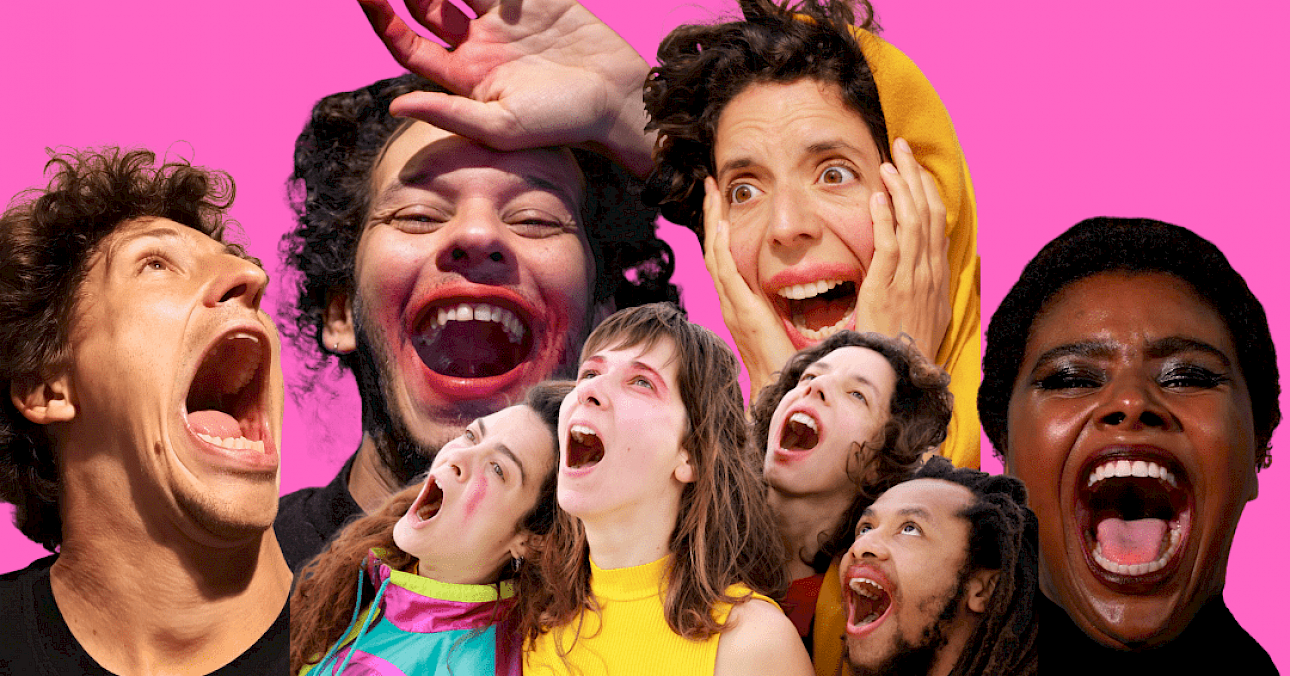
- THU 26.06.2025 7:00 PM
- Produced by Alkantara
- Open Studio
- 21.06.2025
- Open Studio
Open Studio: Francisco Thiago Cavalcanti at Espaço Alkantara
Motherland
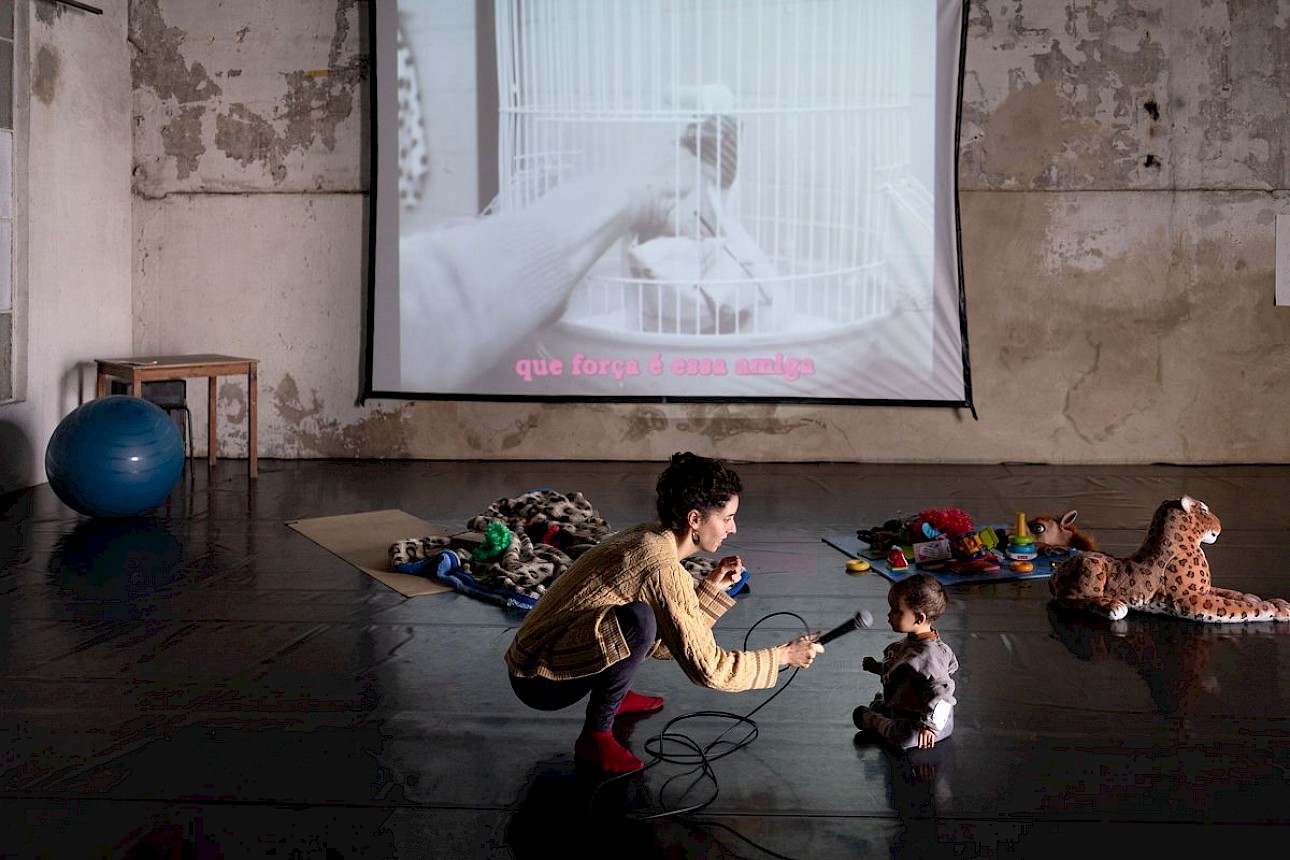
- SAT 21.06.2025 5:00 PM
- Open Studio
- 02.06 - 08.06.2025
- Artists in Residence
Terra Batida in residency at Espaço Alkantara
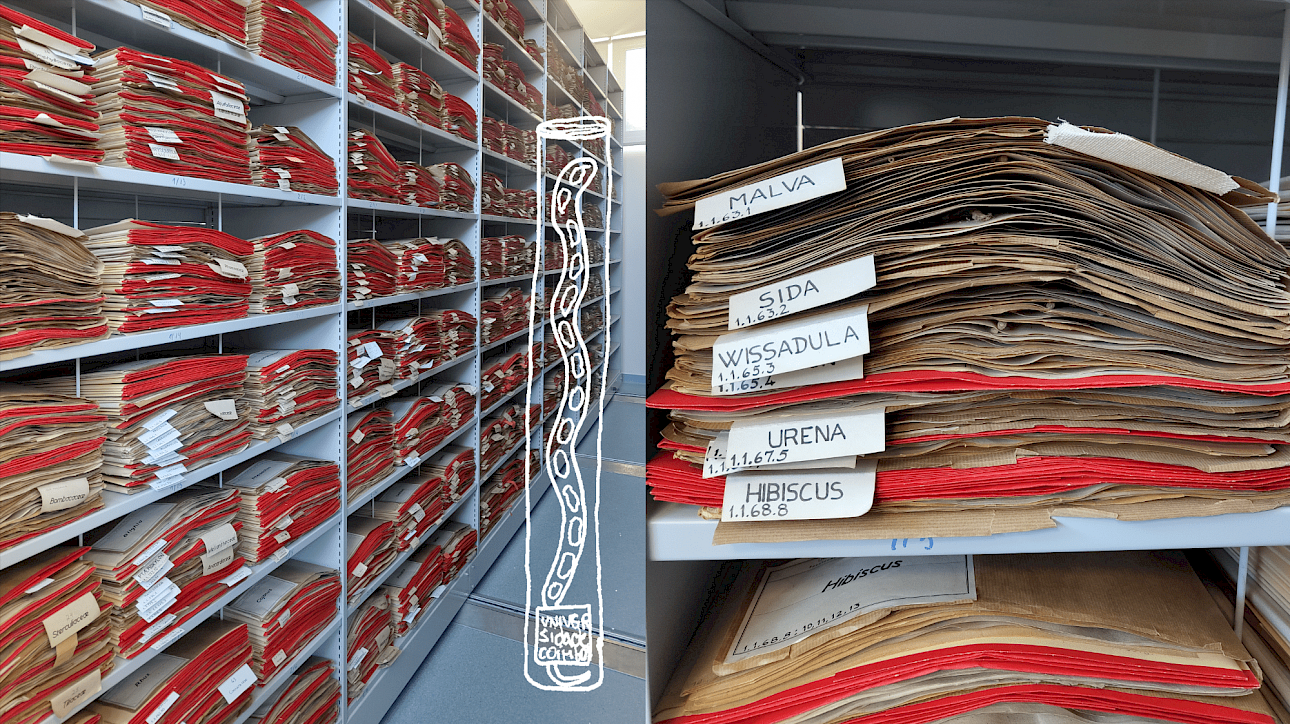
- Artists in Residence
- 30.05 - 09.06.2025
- Artists in Residence
- Produced by Alkantara
Diego Bragà in Luxembourg for TalentLAB 2025
We at the Nightclub Suffer Together

- Artists in Residence
- Produced by Alkantara
- 03.06.2025
- Workshops
Accessibility Resources in the Performing Arts
Acesso de pessoas com deficiência visual à arte e à cultura

- TUE 03.06.2025 10:00 AM
- Workshops
- 30.05.2025
- Open Studio
- Artists in Residence
Open Studio: Carolina Varela at Espaço Alkantara
a invenção do descanso
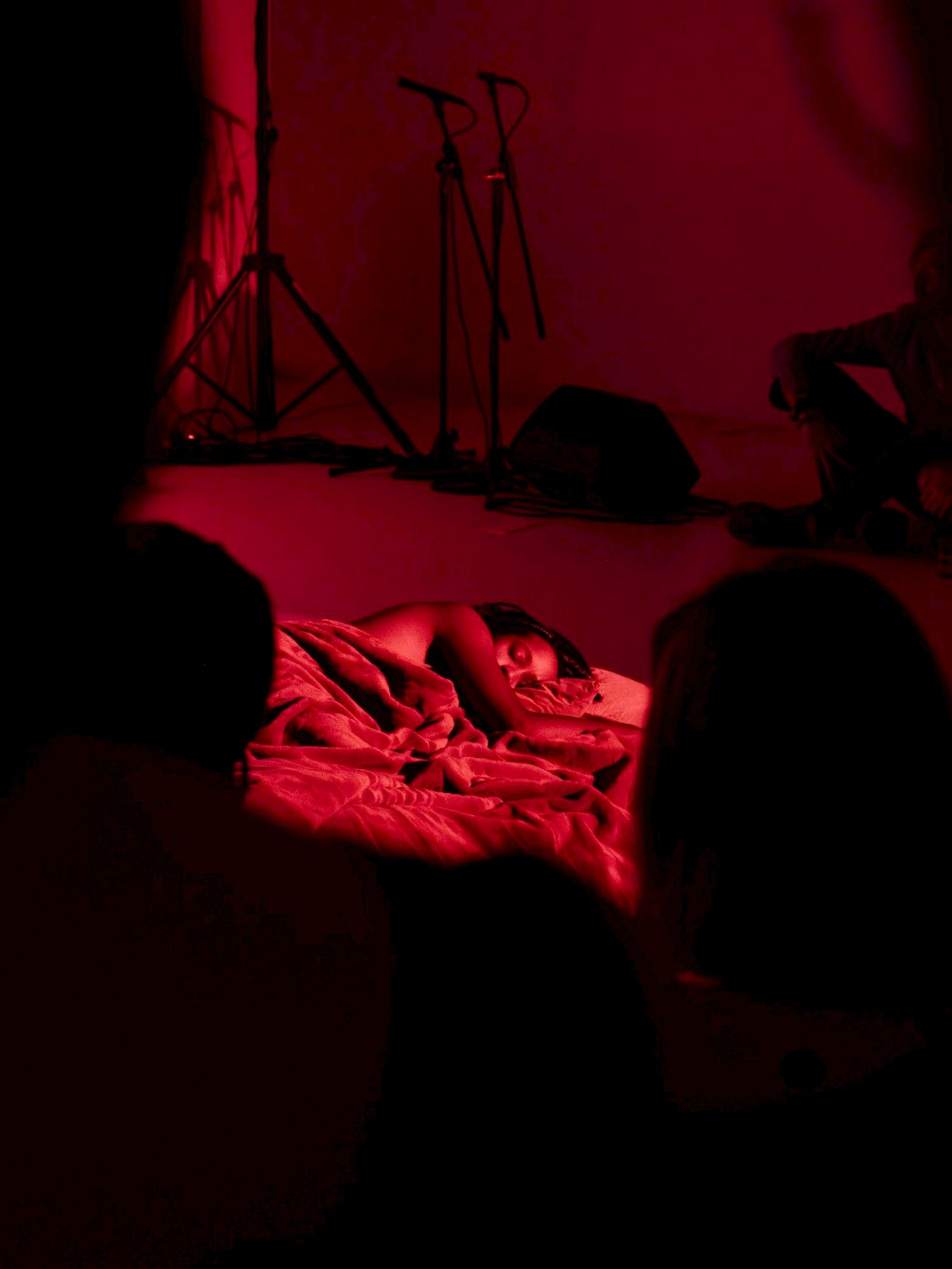
- FRI 30.05.2025 6:00 PM
- Open Studio
- Artists in Residence
- 30.05 - 31.05.2025
- Produced by Alkantara
Blackface at TMP - Rivoli
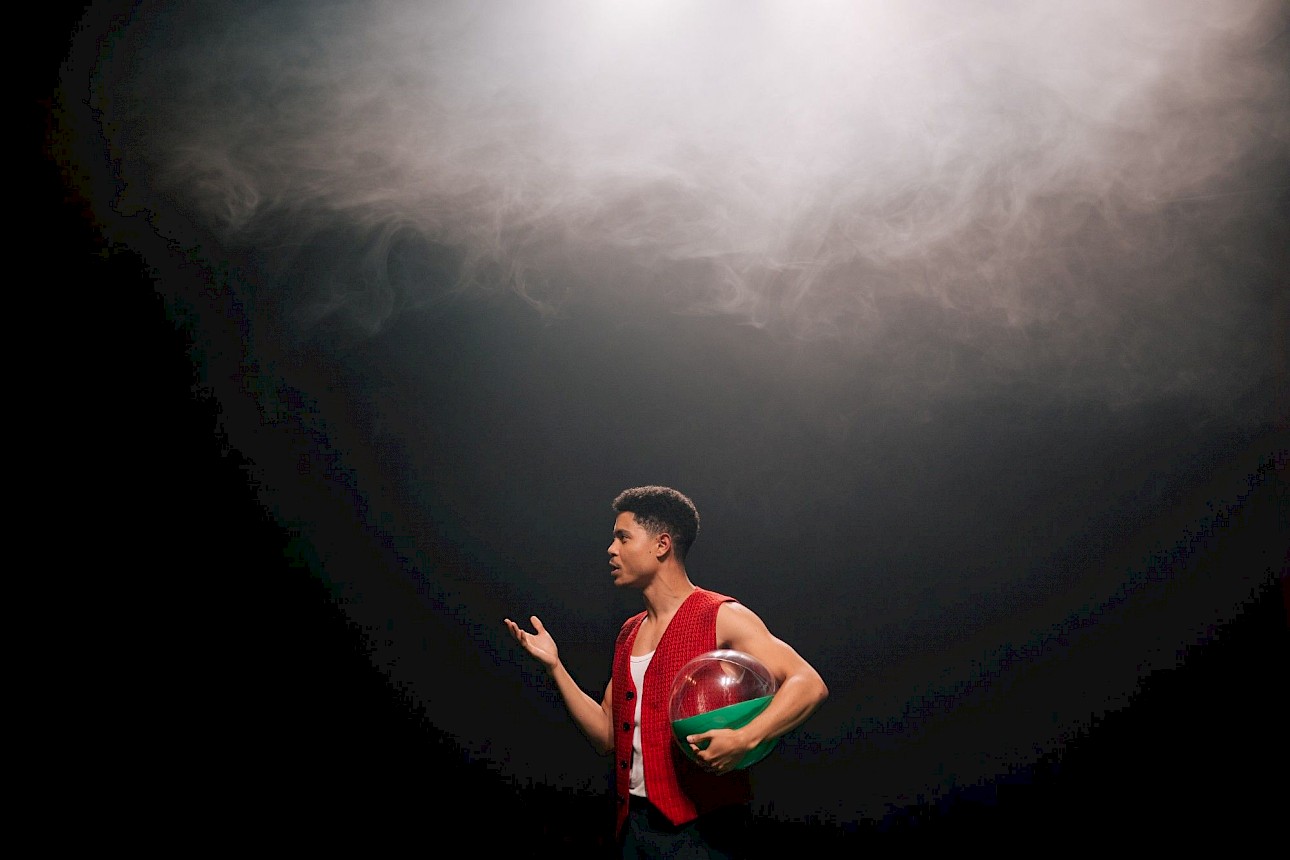
- FRI 30.05.2025 7:30 PM
- SAT 31.05.2025 7:30 PM
- Produced by Alkantara
- 22.05 - 30.05.2025
- Produced by Alkantara
- Artists in Residence
Inés Sybille Vooduness in residency in Brussels
Cadences créoles, dix mille fois dédoublées
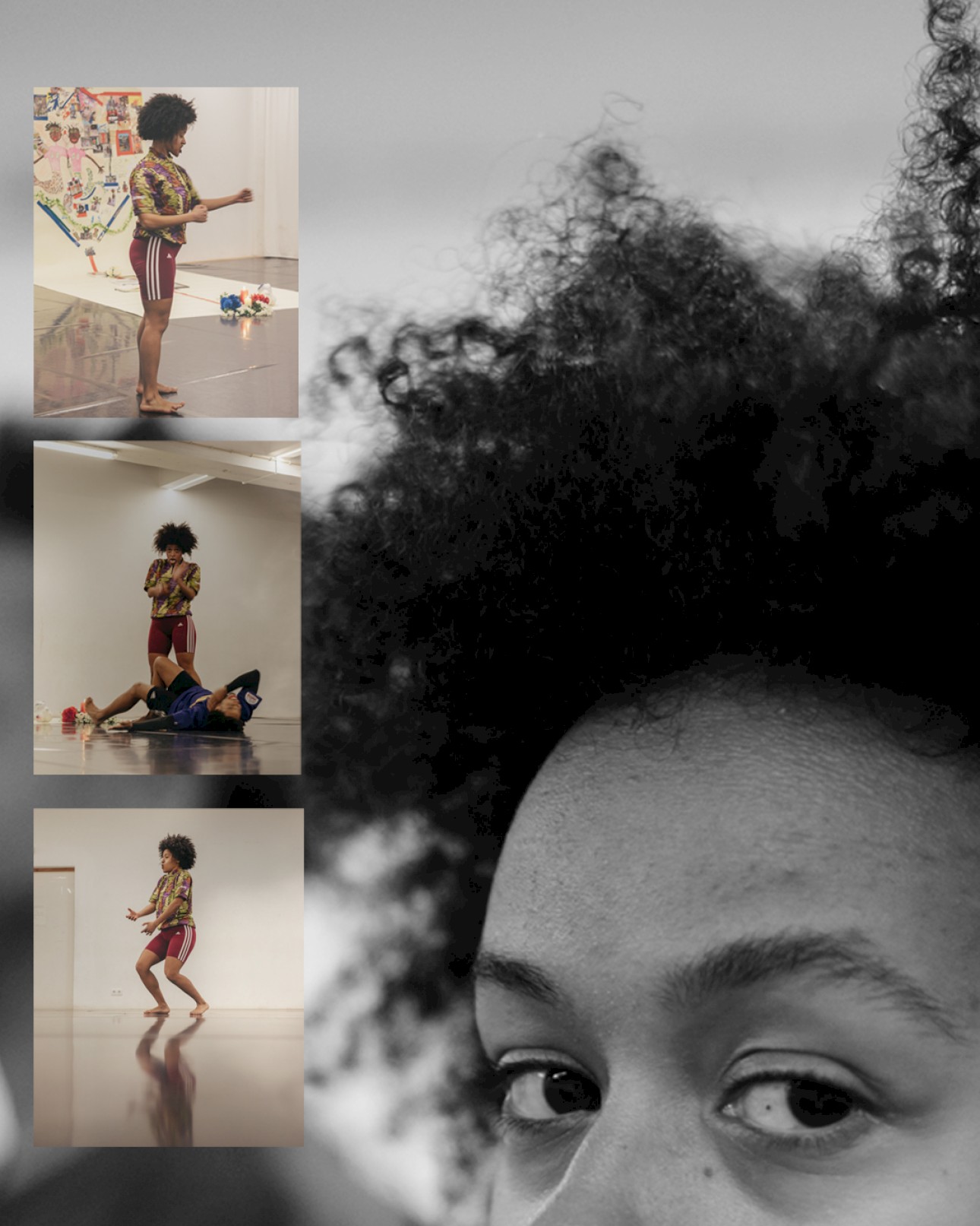
- Produced by Alkantara
- Artists in Residence
- 14.05.2025
- Workshops
Estatuto dos Profissionais da Área da Cultura: onde estamos em 2025?
Sessão para trabalhadores (subordinados e independentes)

- MON 24.03.2025 10:00 AM
- Workshops
- 29.04 - 04.05.2025
- Open Studio
(re)union 2025 at Espaço Alkantara
V Encontro Bienal de Artes Performativas
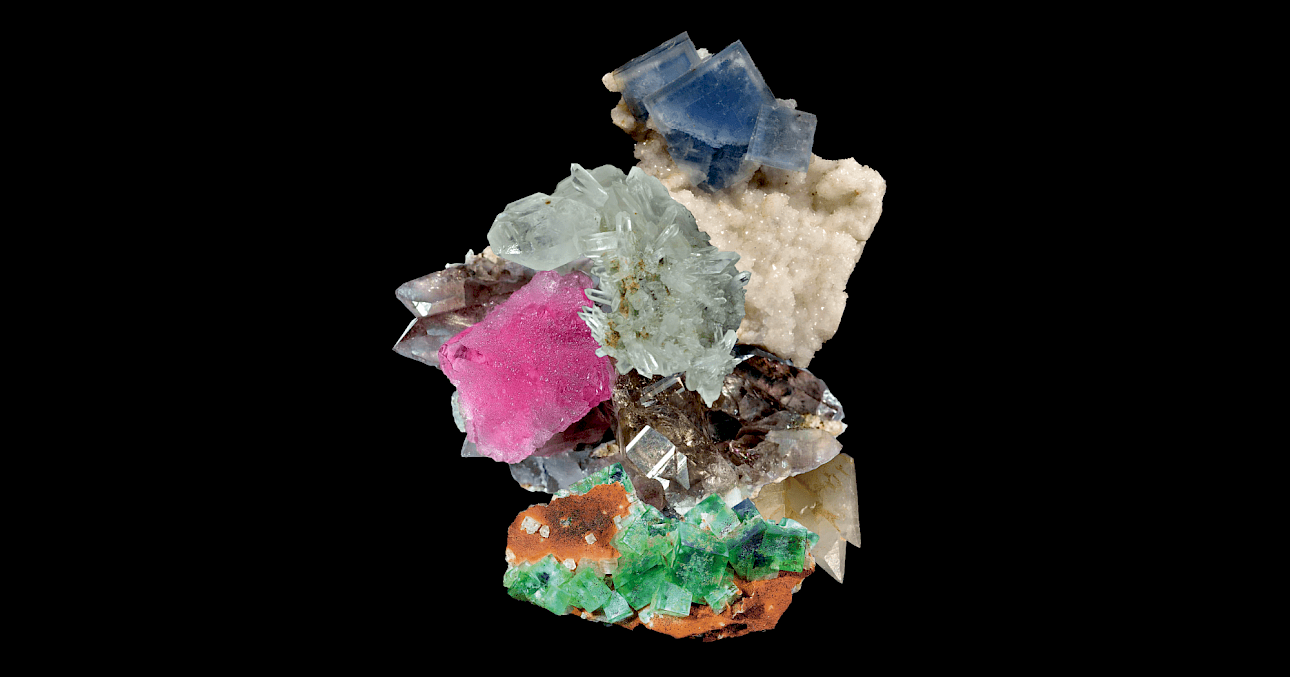
- Open Studio
- 14.04 - 20.04.2025
- Artists in Residence
Afrontosas in residency at Espaço Alkantara
Bixa Bixo
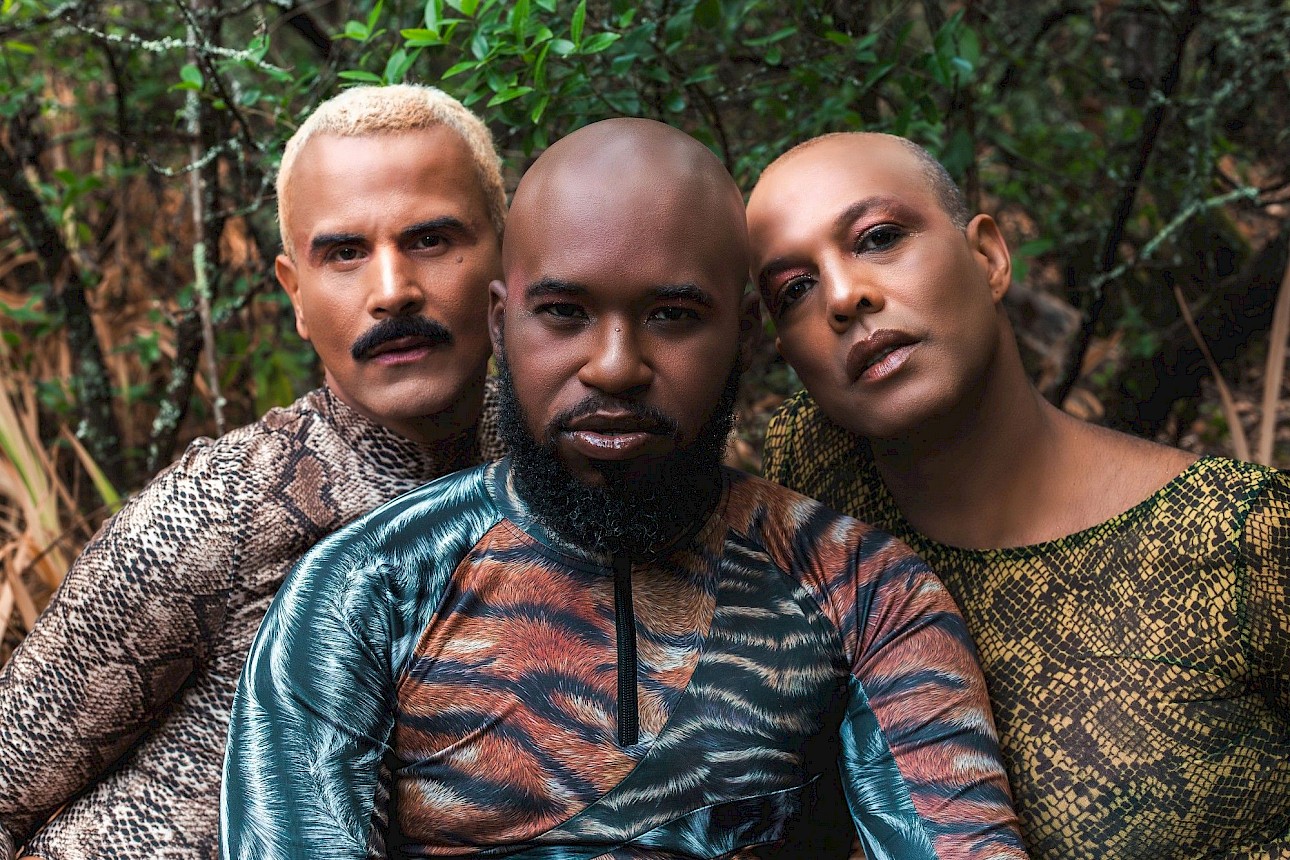
- Artists in Residence
- 08.04 - 20.04.2025
- Produced by Alkantara
- Artists in Residence
Inés Sybille Vooduness in residency in Barcelona
Cadences créoles, dix mille fois dédoublées
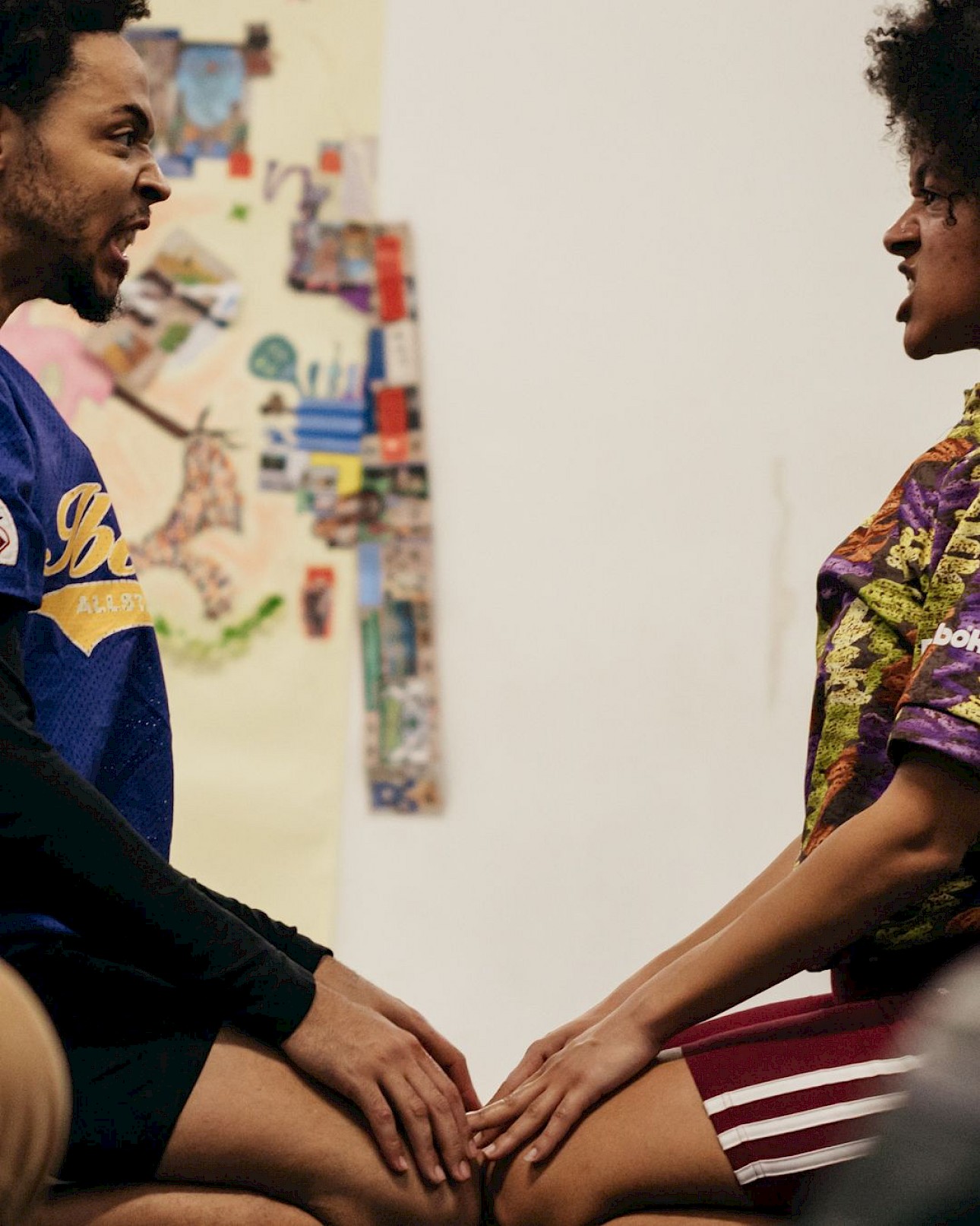
- Produced by Alkantara
- Artists in Residence
- 31.03 - 13.04.2025
- Artists in Residence
Jorge Ciprianno and Mariana Barros in residency at Espaço Alkantara
Precárias III: Festival de Performance
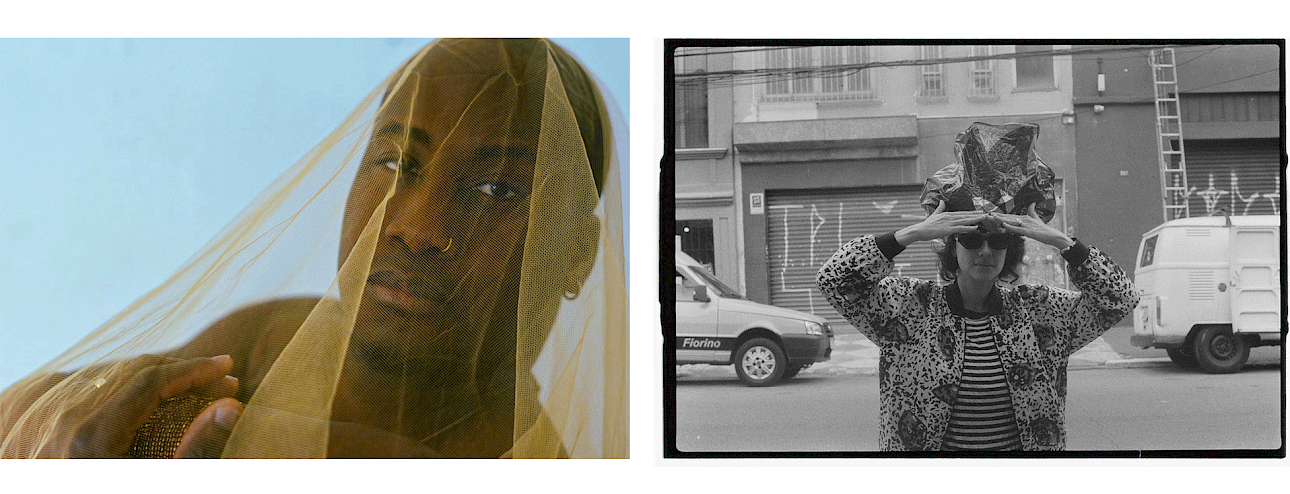
- Artists in Residence
- 27.03.2025
- Open Studio
- Artists in Residence
- Produced by Alkantara
Open Studio: Diego Bragà at Espaço Alkantara
We at the Nightclub Suffer Together
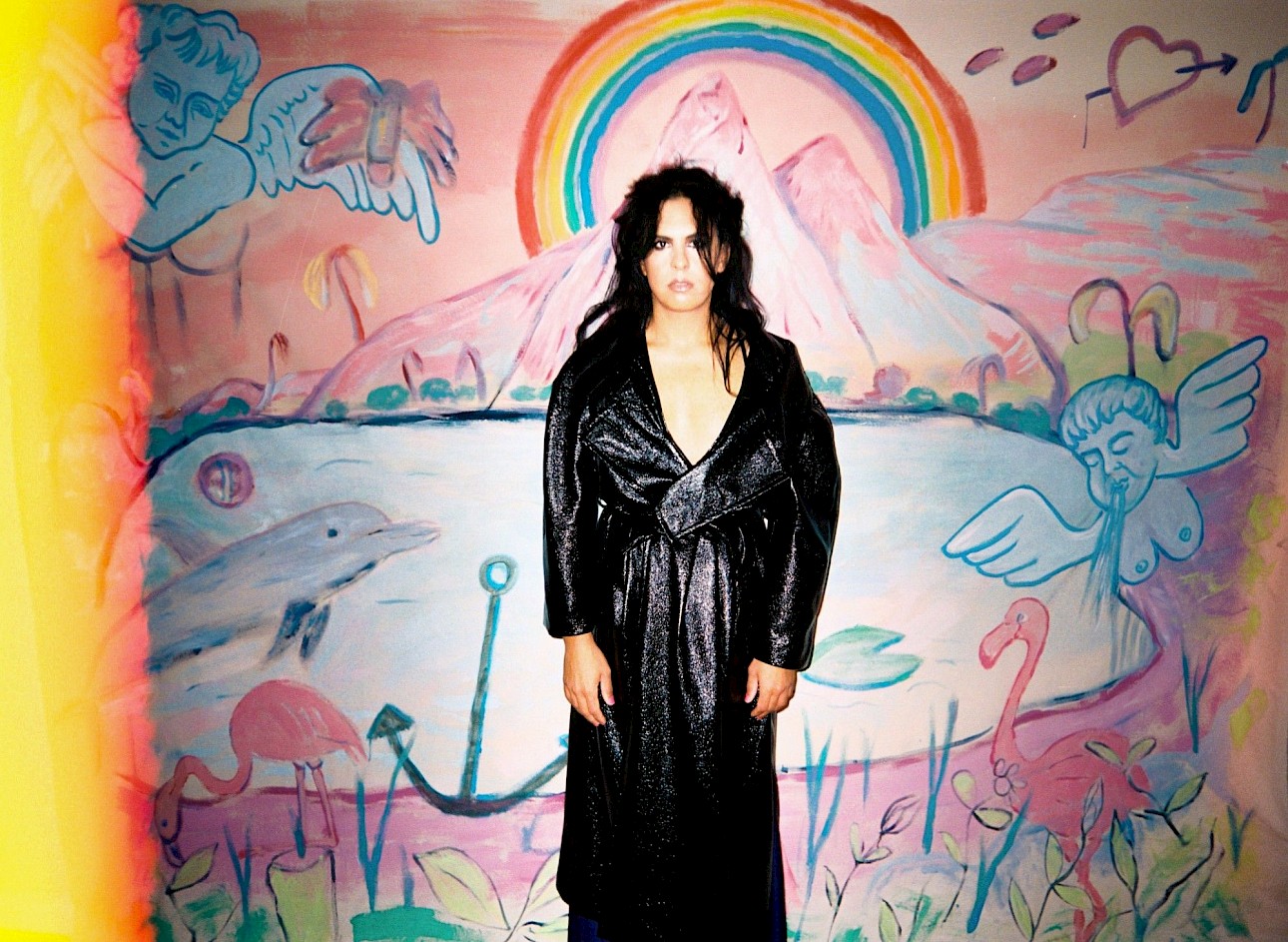
- THU 27.03.2025 7:00 PM
- Open Studio
- Artists in Residence
- Produced by Alkantara
- 20.03 - 03.04.2025
- Open Calls
Chiara Bersani is looking for 3 performers with motor disabilities
For the new creation Michel: The Animals I Am
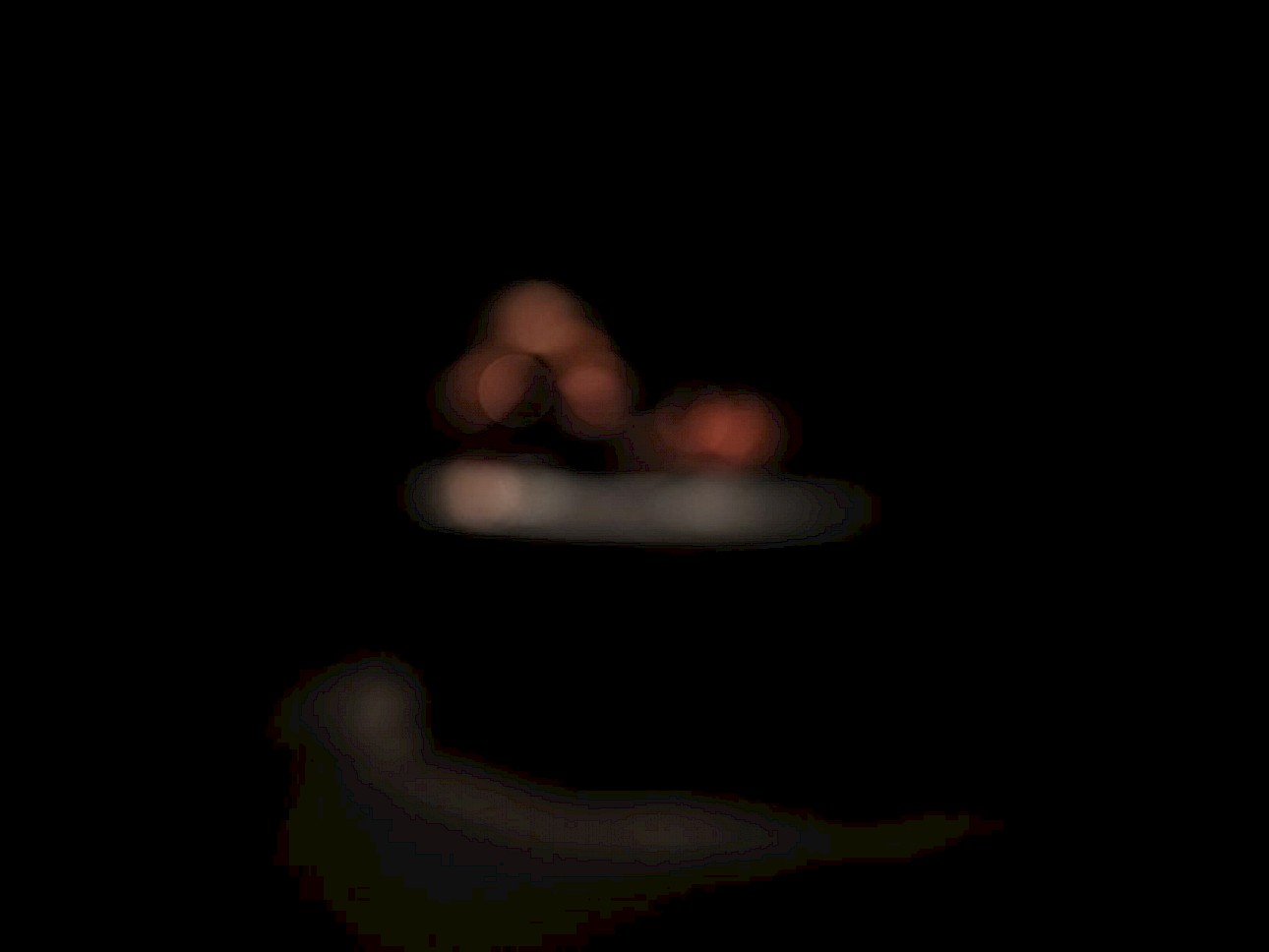
- Open Calls
- 21.03.2025
- Open Studio
- Artists in Residence
Open Studio: Francisca Pinto & Patrícia Soares at Espaço Alkantara
Motherland
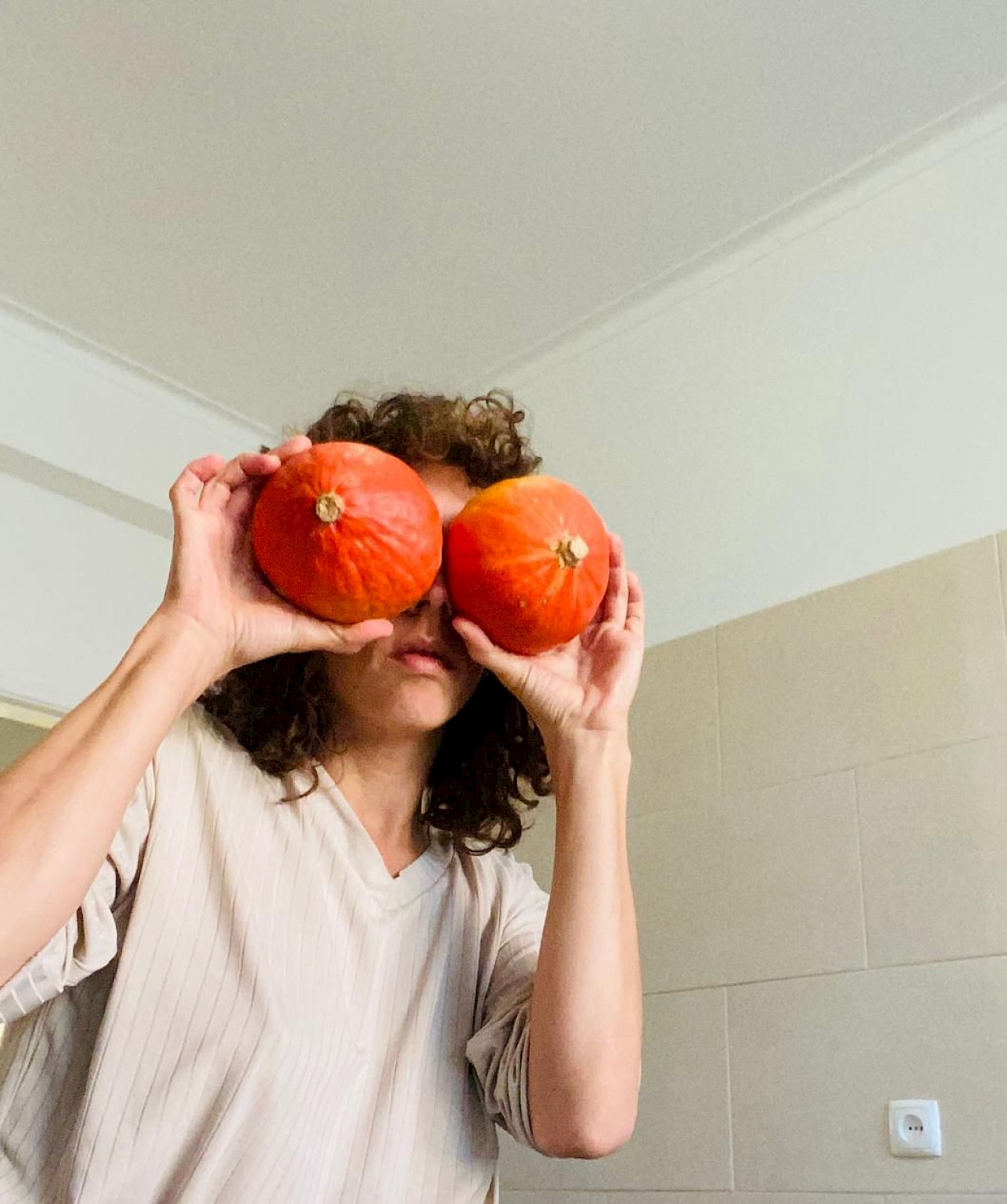
- FRI 21.03.2025 11:00 AM
- Open Studio
- Artists in Residence
- 11.03.2025
- Workshops
Fórum Cultura: Work-life balance in the performing arts
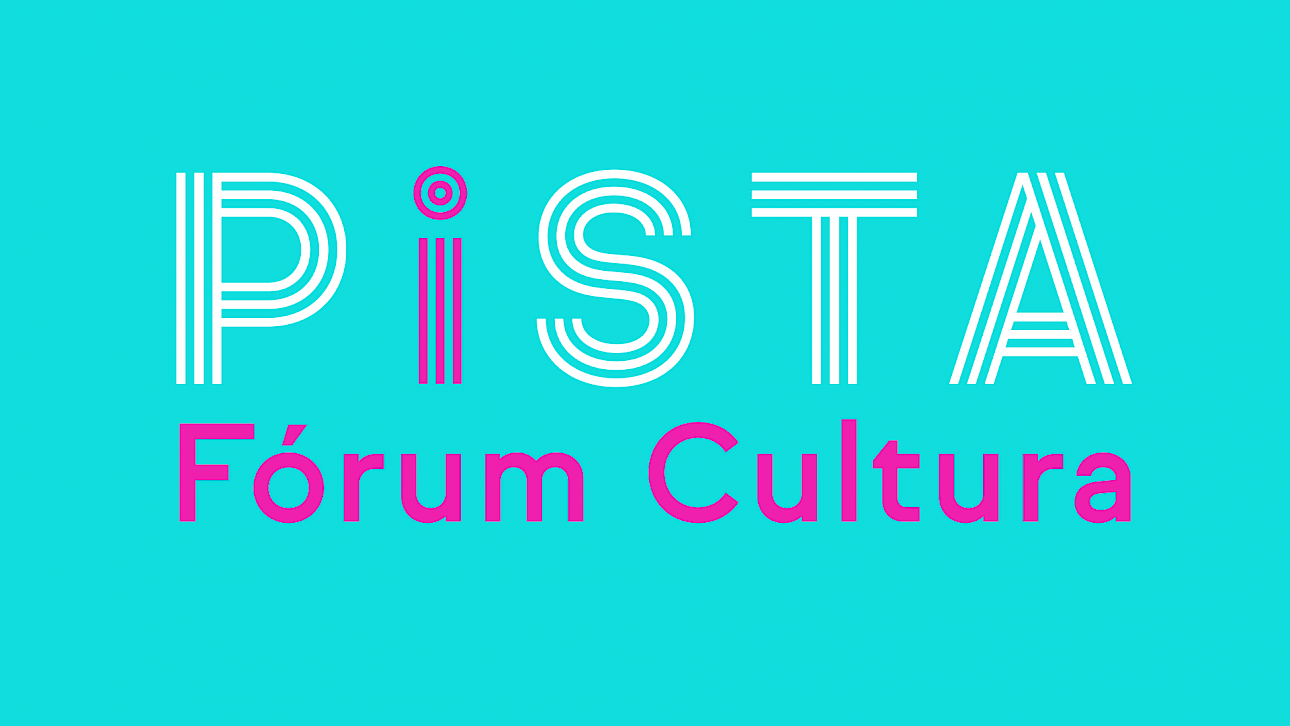
- TUE 11.03.2025 10:00 AM
- Workshops
- 25.02 - 01.03.2025
- Artists in Residence
Marlene Monteiro Freitas in residency at Espaço Alkantara

- Artists in Residence
- 10.02 - 23.02.2025
- Artists in Residence
Sónia Baptista in residency at Espaço Alkantara
KING SIZE

- Artists in Residence
- 27.01 - 09.02.2025
- Artists in Residence
Raquel Lima in residency at Espaço Alkantara
ULULU
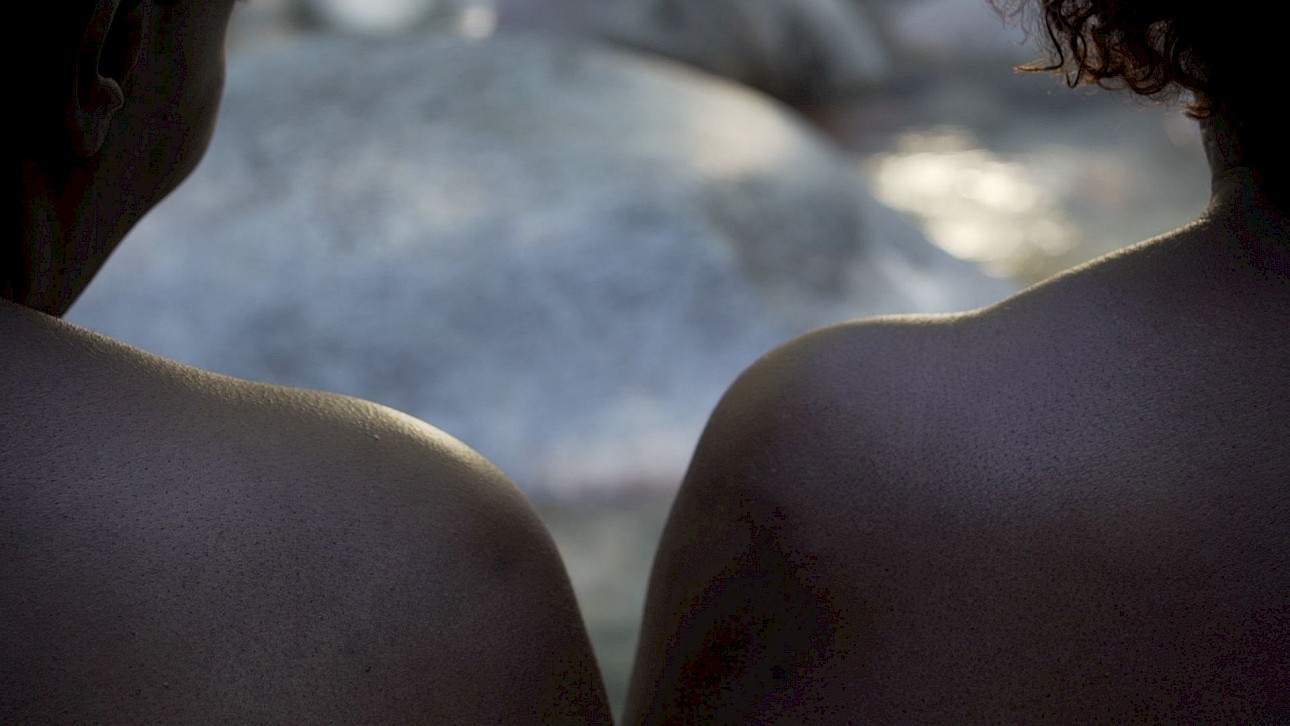
- Artists in Residence
- 25.01 - 26.01.2025
- Open Studio
Sofia Dias & Vítor Roriz present ARREMESSO X at MAAT
Curated by Alkantara
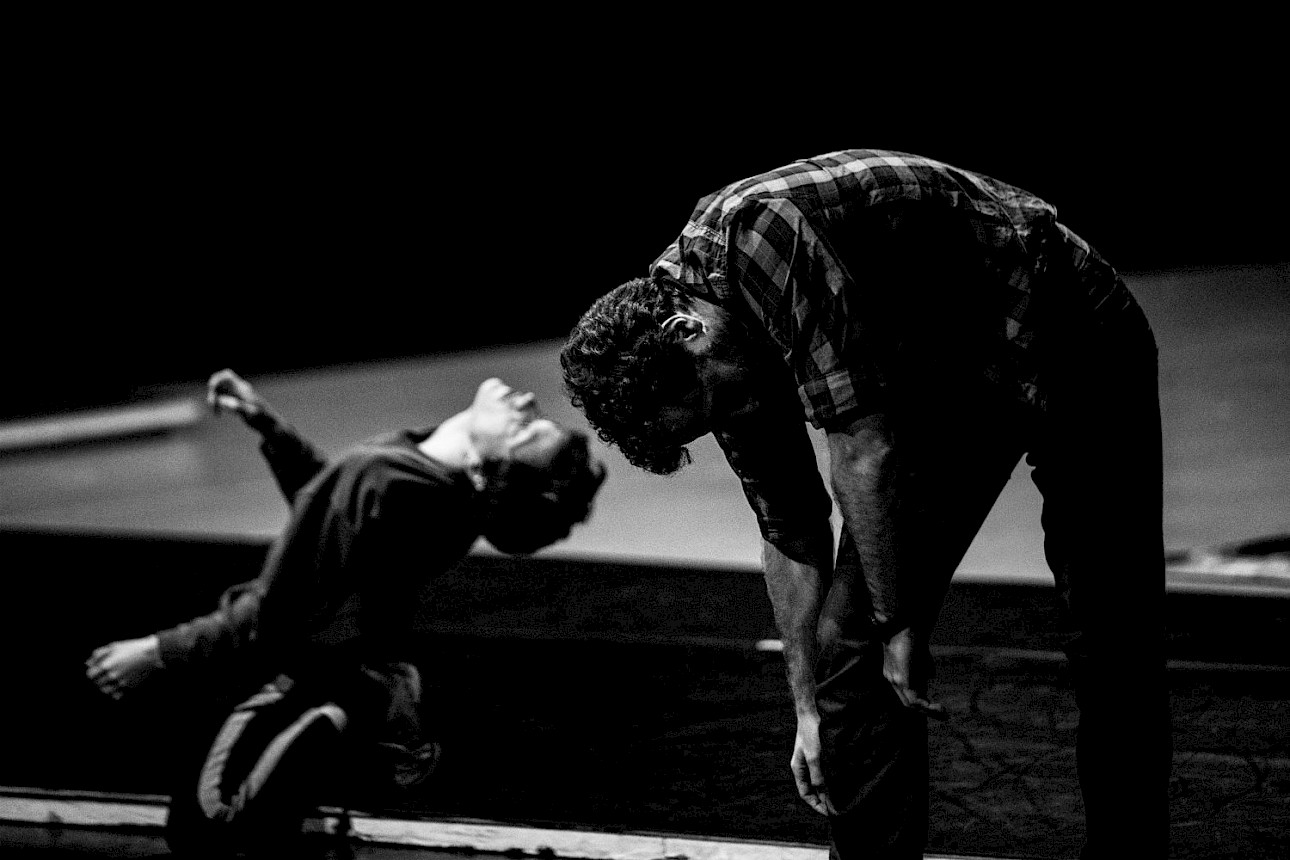
- SAT 25.01.2025 6:00 PM
- SUN 26.01.2025 4:00 PM
- Open Studio
- 24.01.2025
- Artists in Residence
- Open Studio
Open Studio: Vânia Doutel Vaz at Espaço Alkantara
violetas
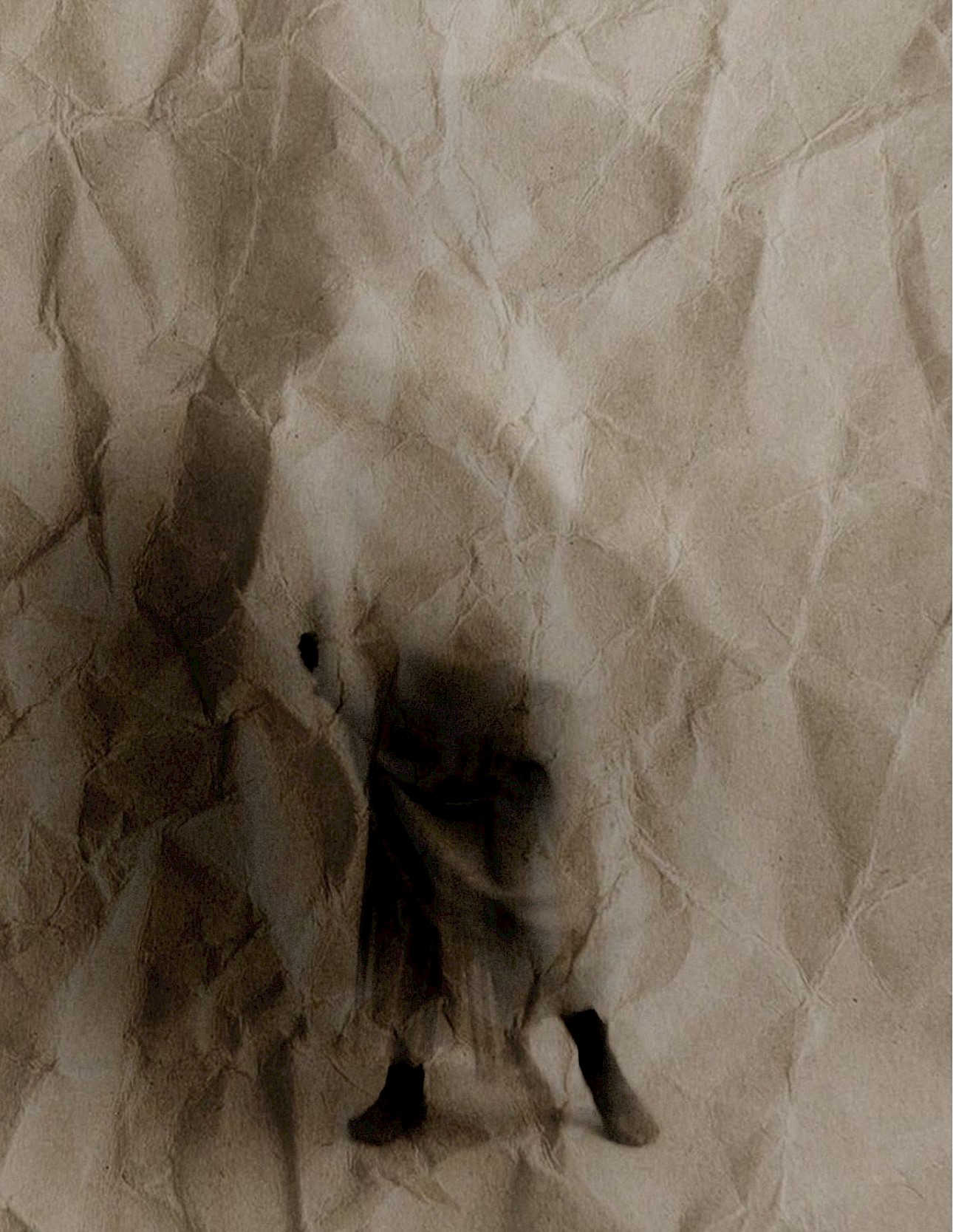
- FRI 24.01.2025 6:30 PM
- Artists in Residence
- Open Studio
- 17.01.2025
- Open Studio
Ethnic-Racial Data: What Was Lost?
A debate series
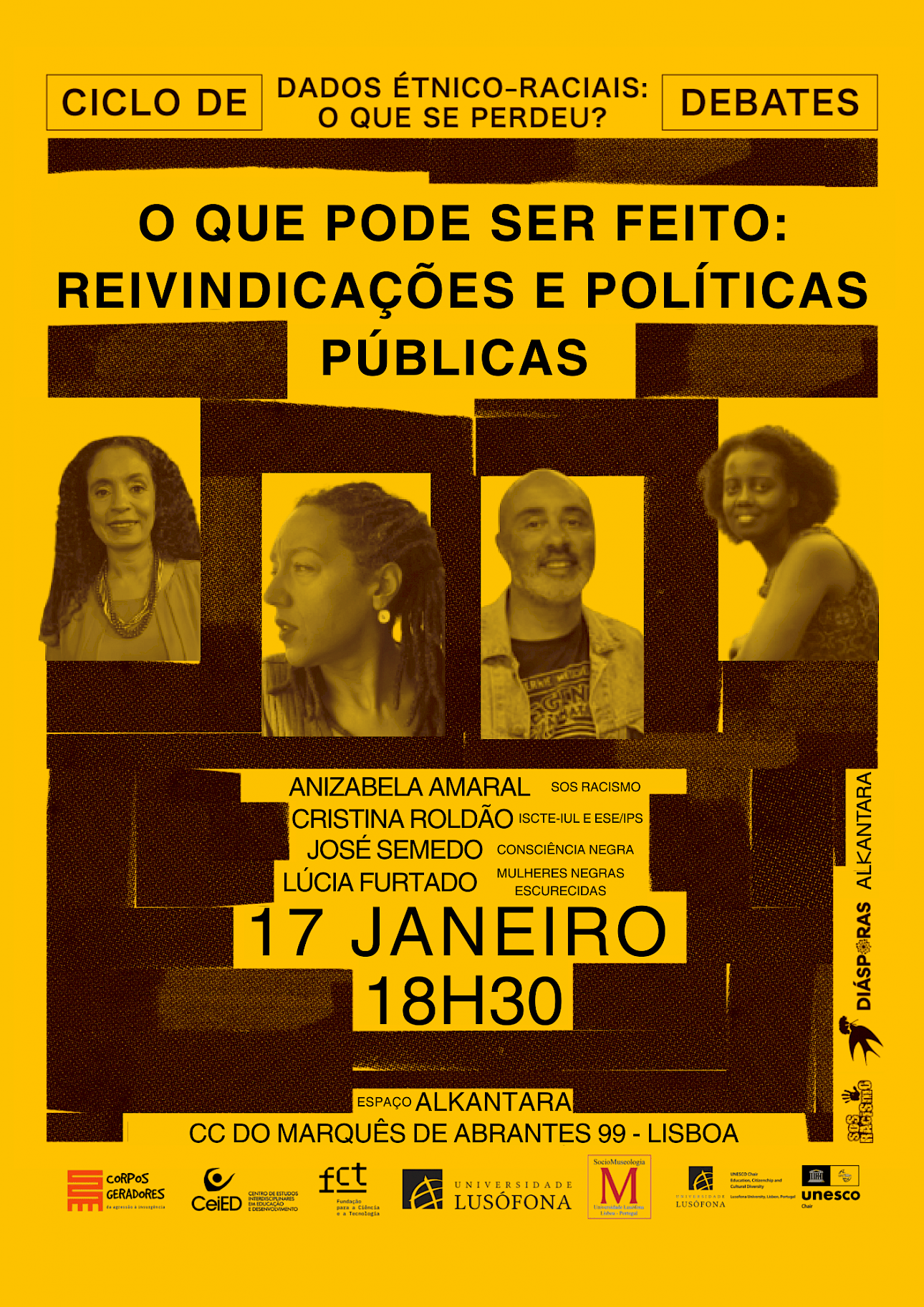
- FRI 17.01.2025 6:30 PM
- Open Studio
- 09.12 - 22.12.2024
- Artists in Residence
Paula Diogo in residency at Espaço Alkantara
Aurora
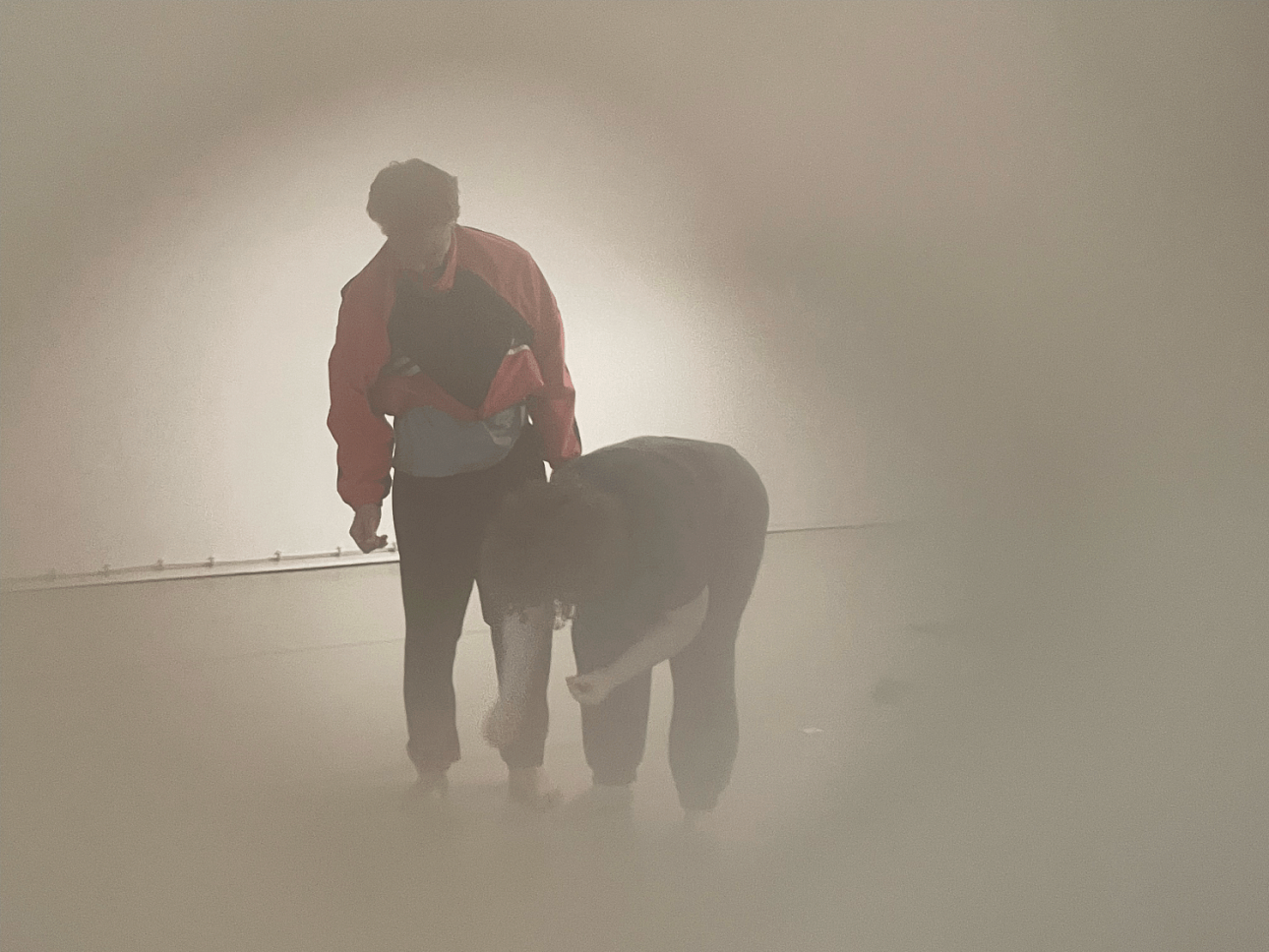
- Artists in Residence
- 06.12.2024
- Open Studio
It's a wrap for the first cycle of matéria leve
The stage lighting training project
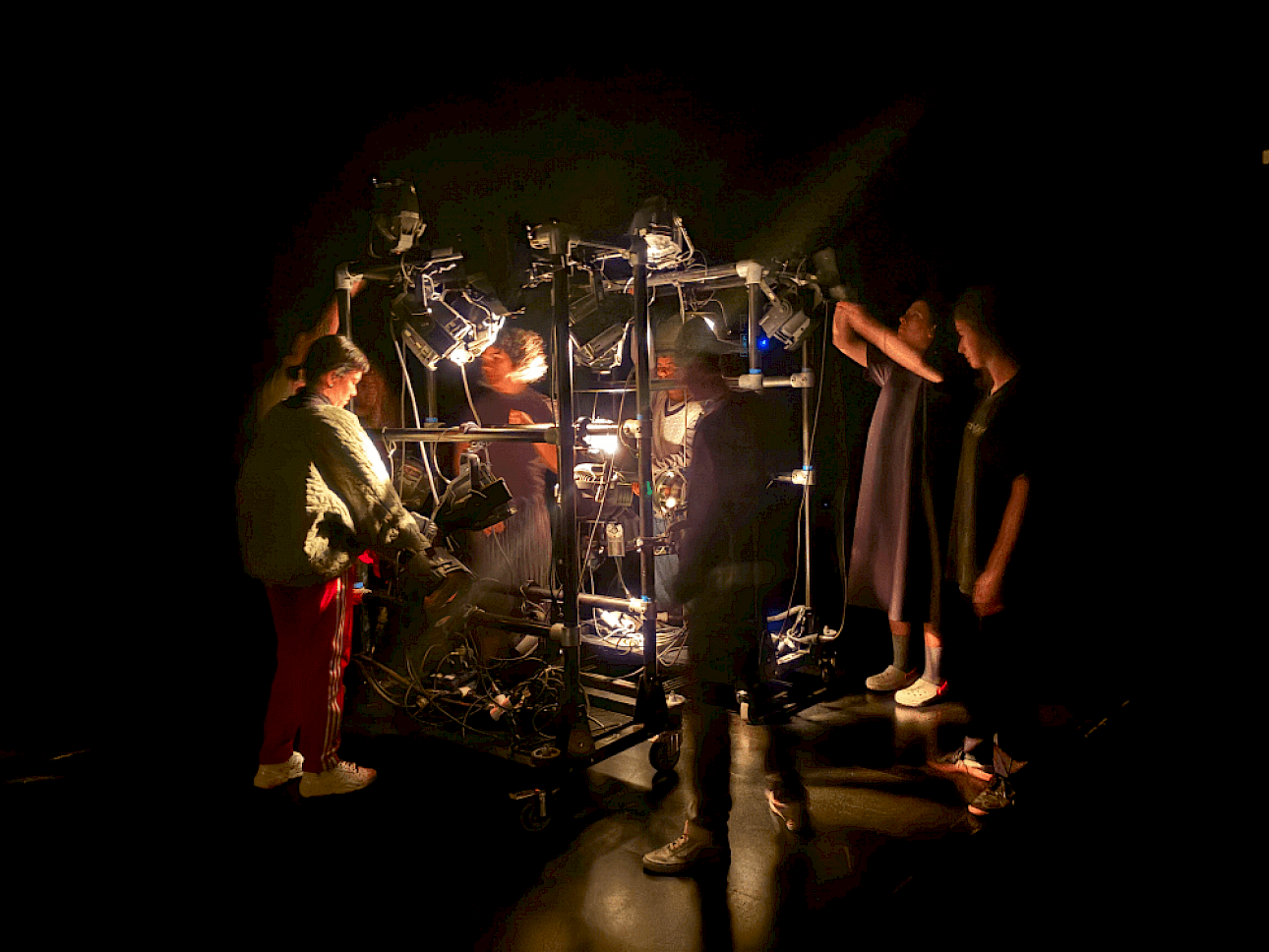
- FRI 06.12.2024 7:00 PM
- Open Studio
- 28.10 - 03.11.2024
- Artists in Residence
Francisco Thiago Cavalcanti in residency at Espaço Alkantara
CANTAR
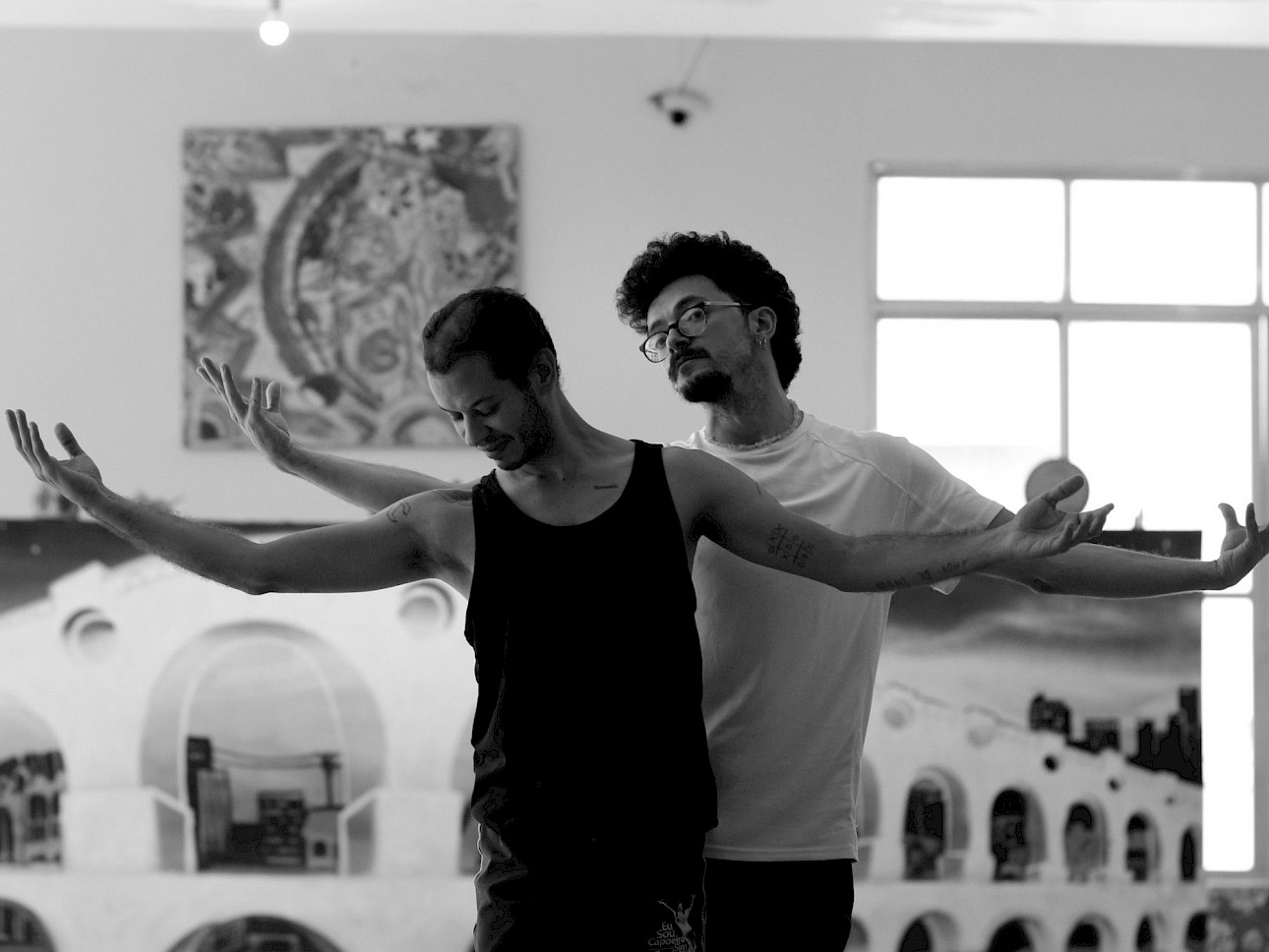
- Artists in Residence
- Produced by Alkantara
The tour of Blackface begins
A stage show by Marco Mendonça
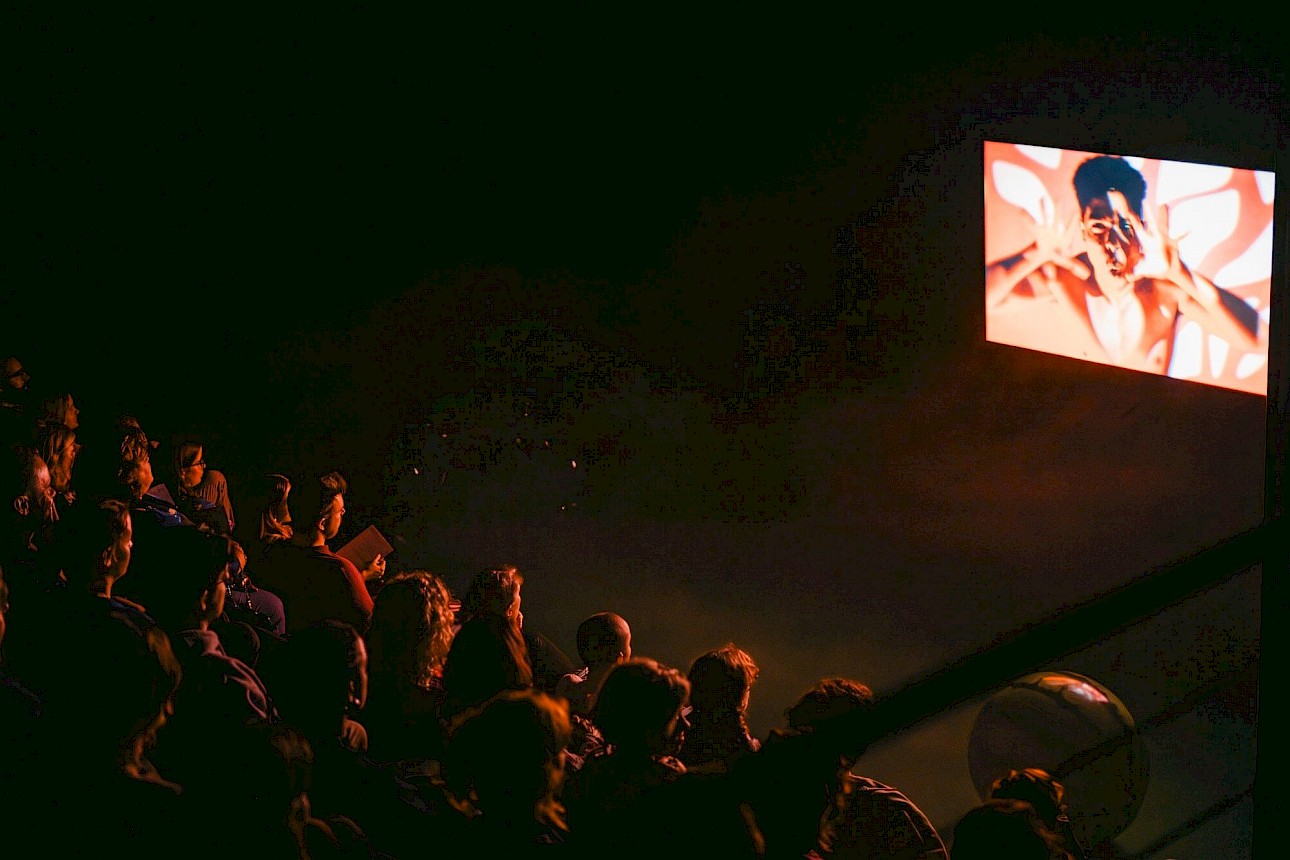
- Produced by Alkantara
- Produced by Alkantara
52blue by Francisco Thiago Cavalcanti
Produced by Alkantara
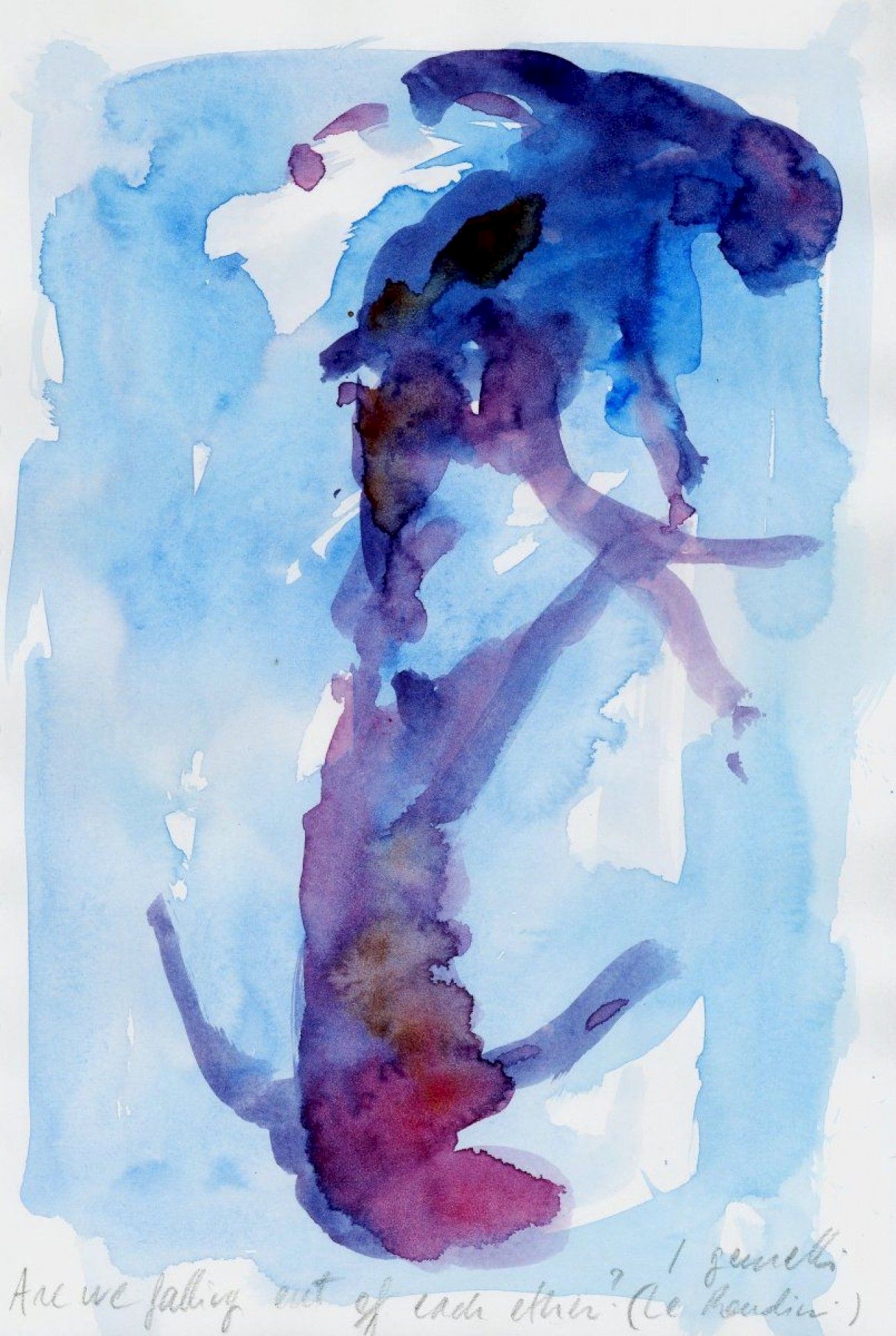
- Produced by Alkantara
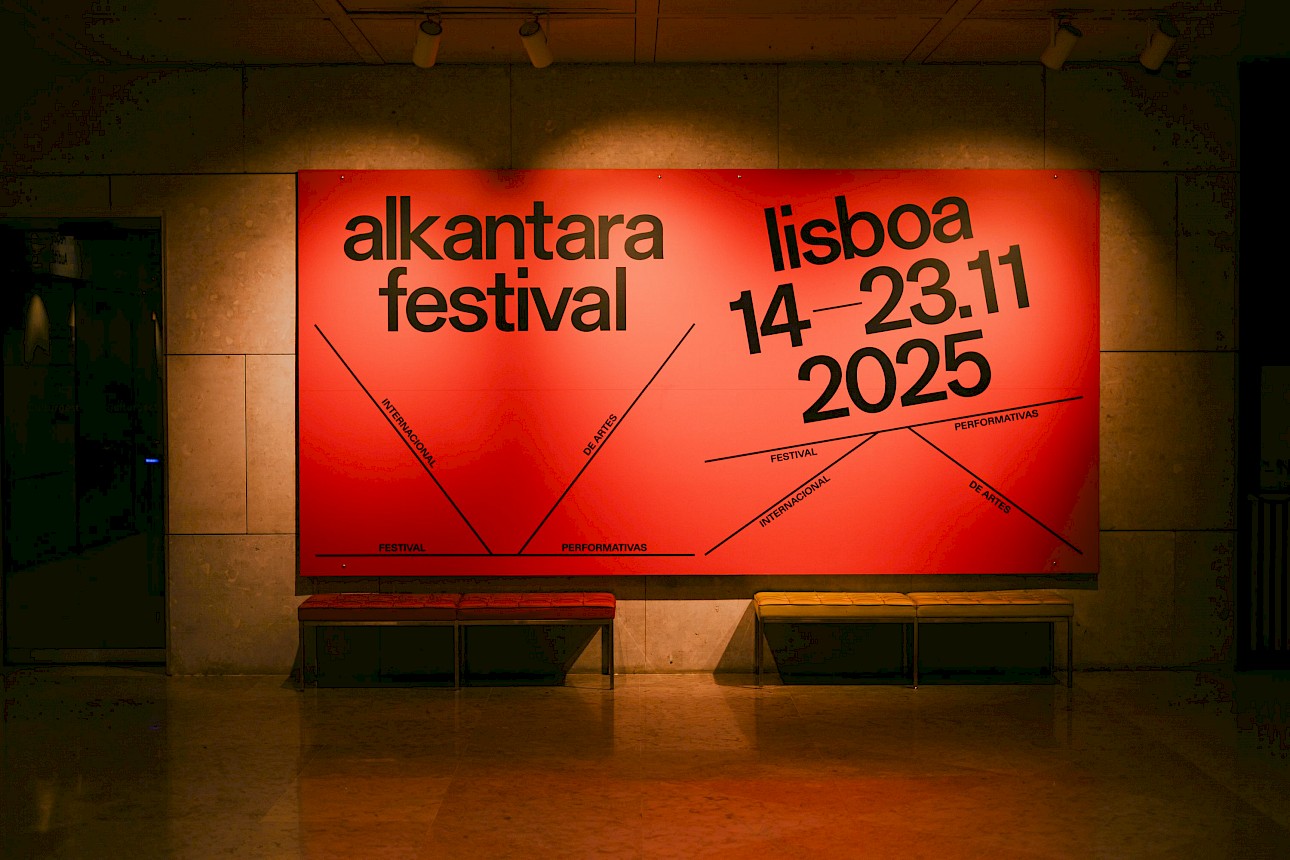
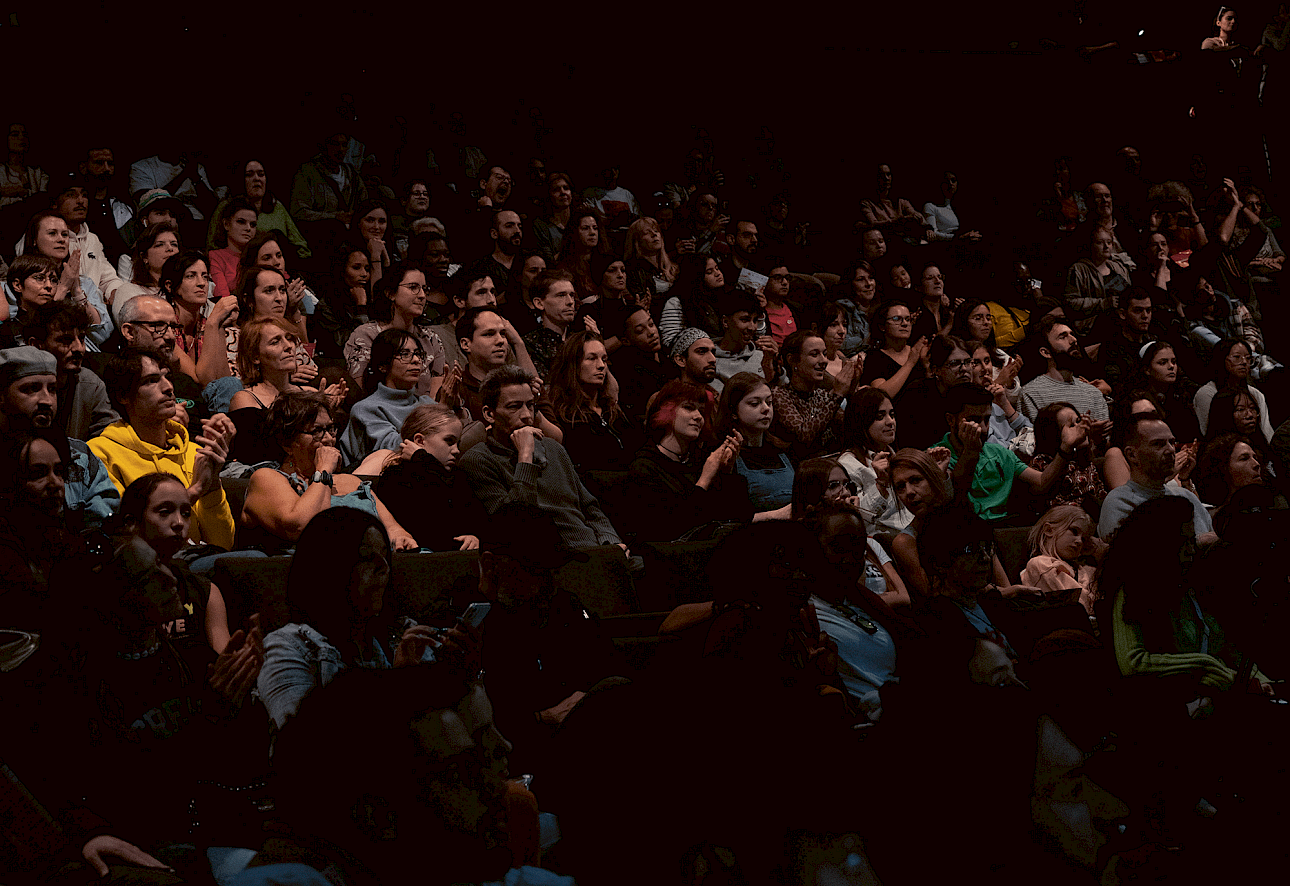

![ALKANARA - Common Stories decentering the stage - ©Rui Palma [We at the Nightclub Suffer Together, Diego Bragà]](/site/assets/files/14656/web11.1290x0.jpg)
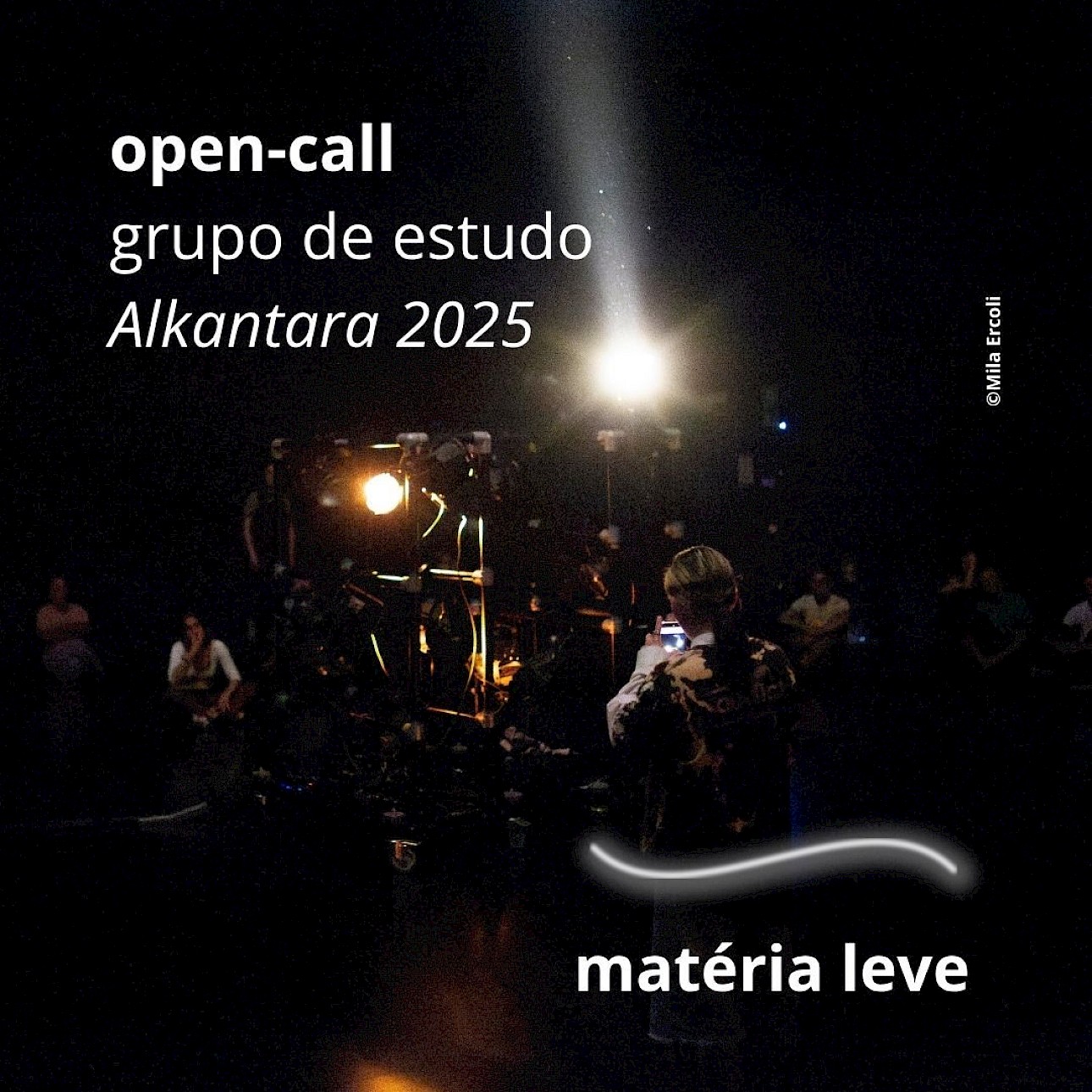
![ALKANARA - Common Stories will come to an end in December - ©Sankrit Kulmanochawong [PaperPlanes by Pankaj Tiwari]](/site/assets/files/14141/photo-1-paperplanes--pankaj-tiwari-_c_sankrit--kulmanochawong.1290x0.png)
